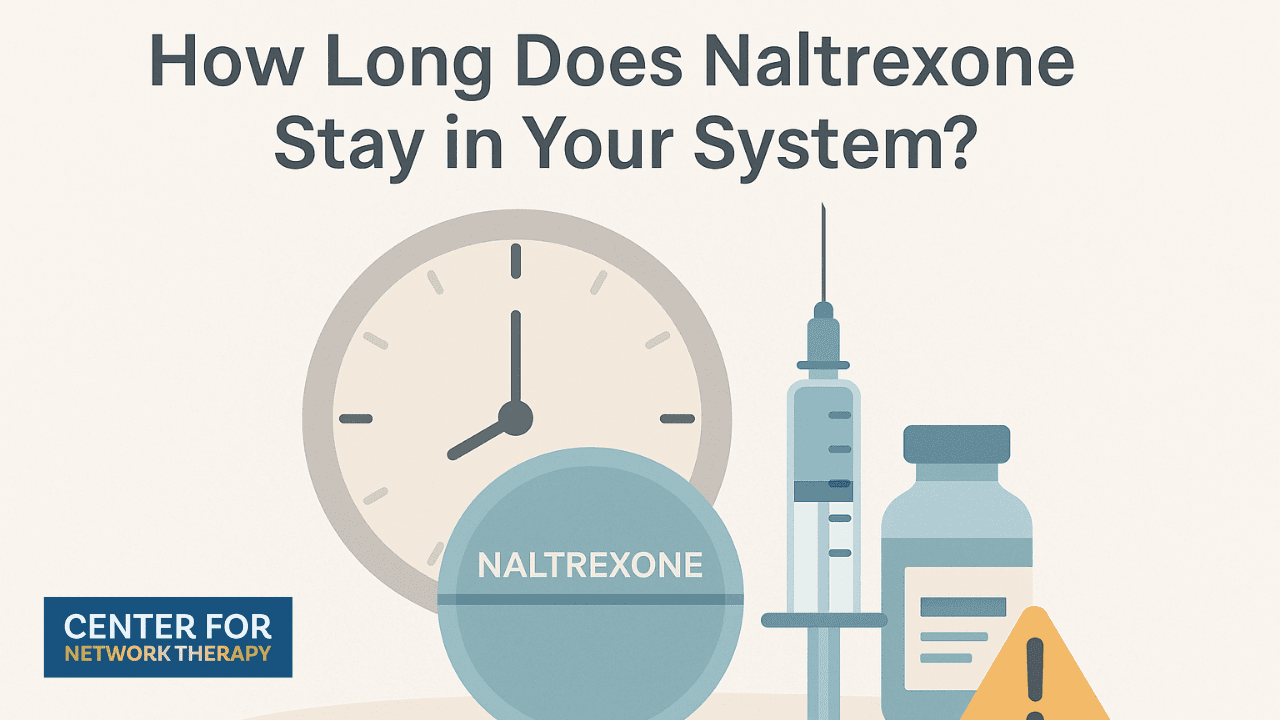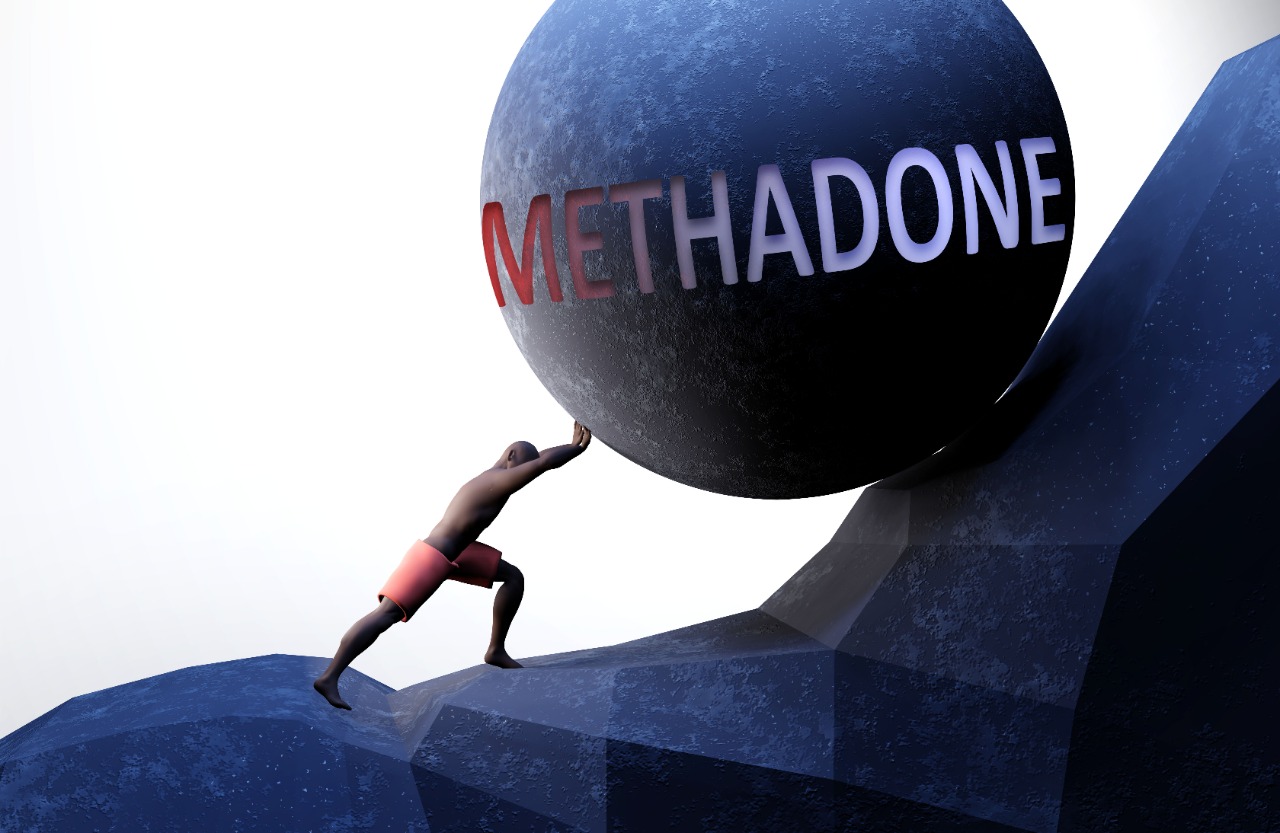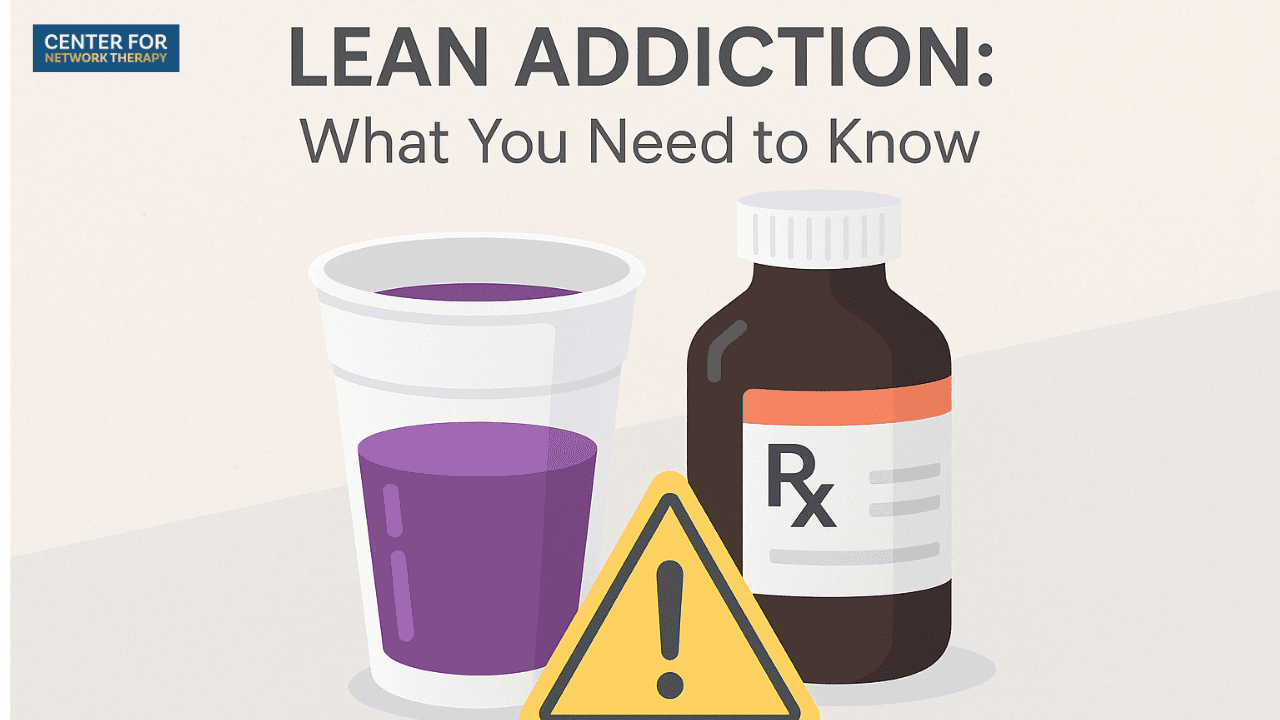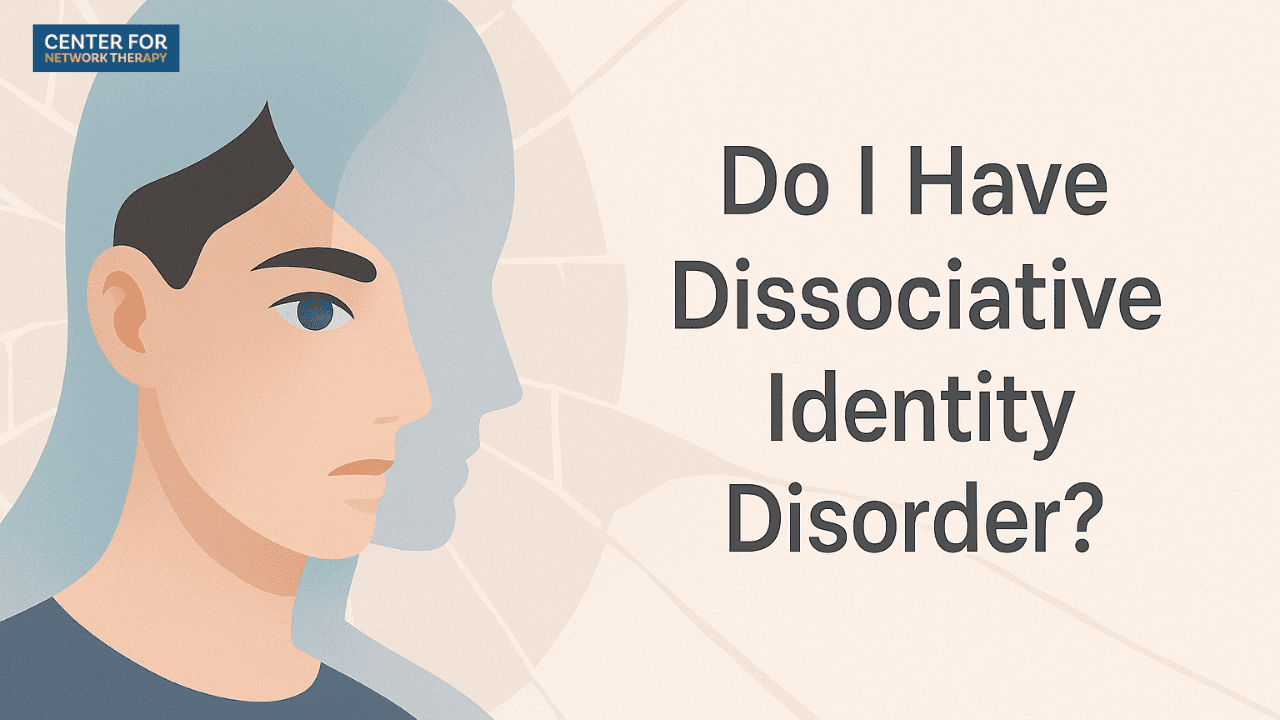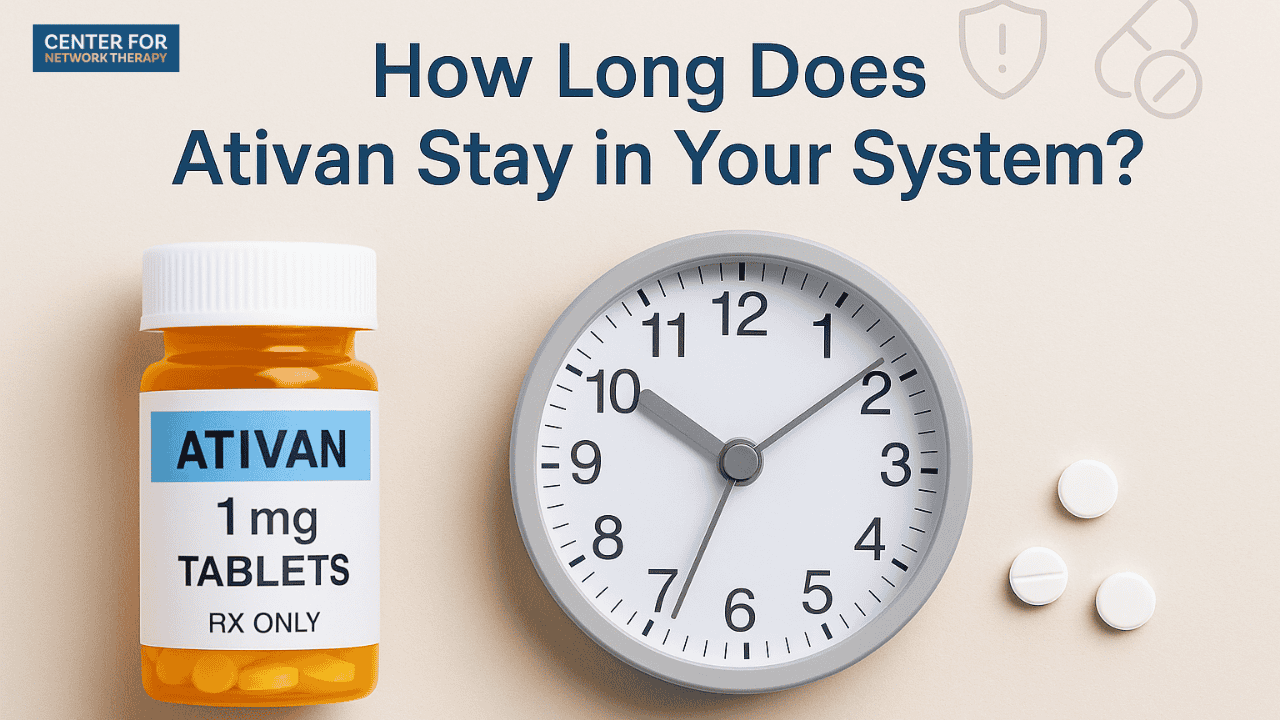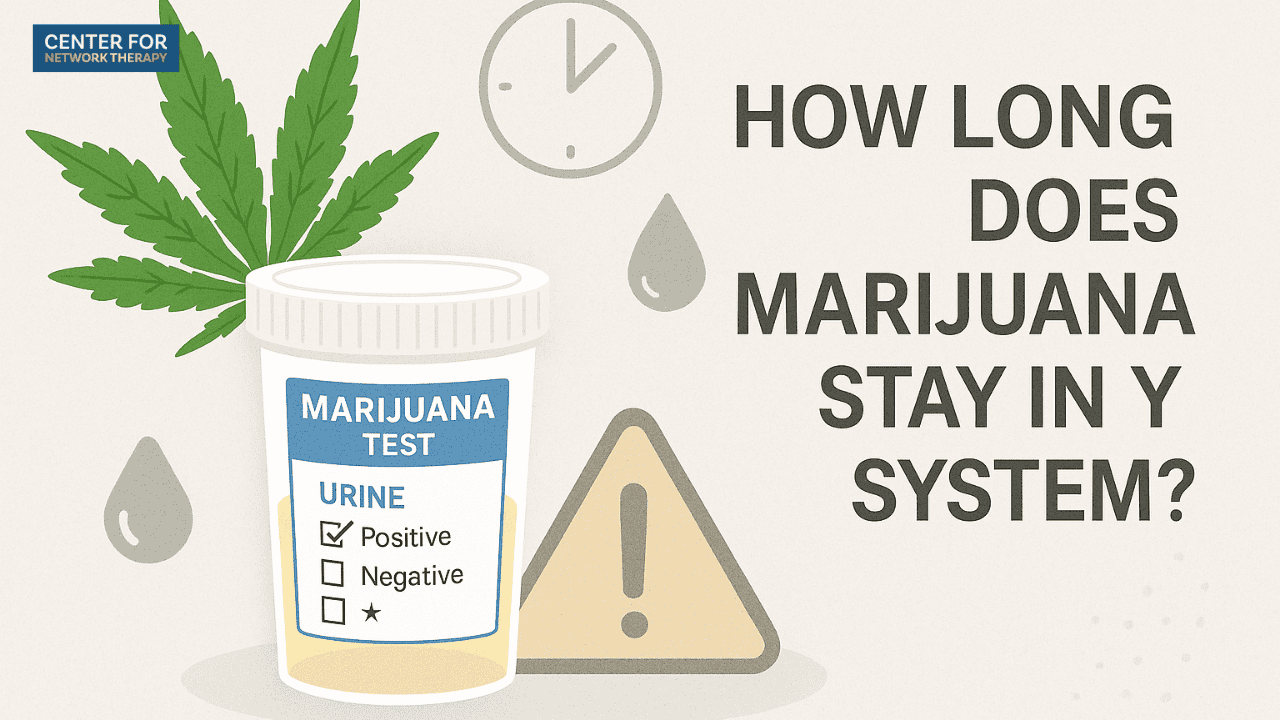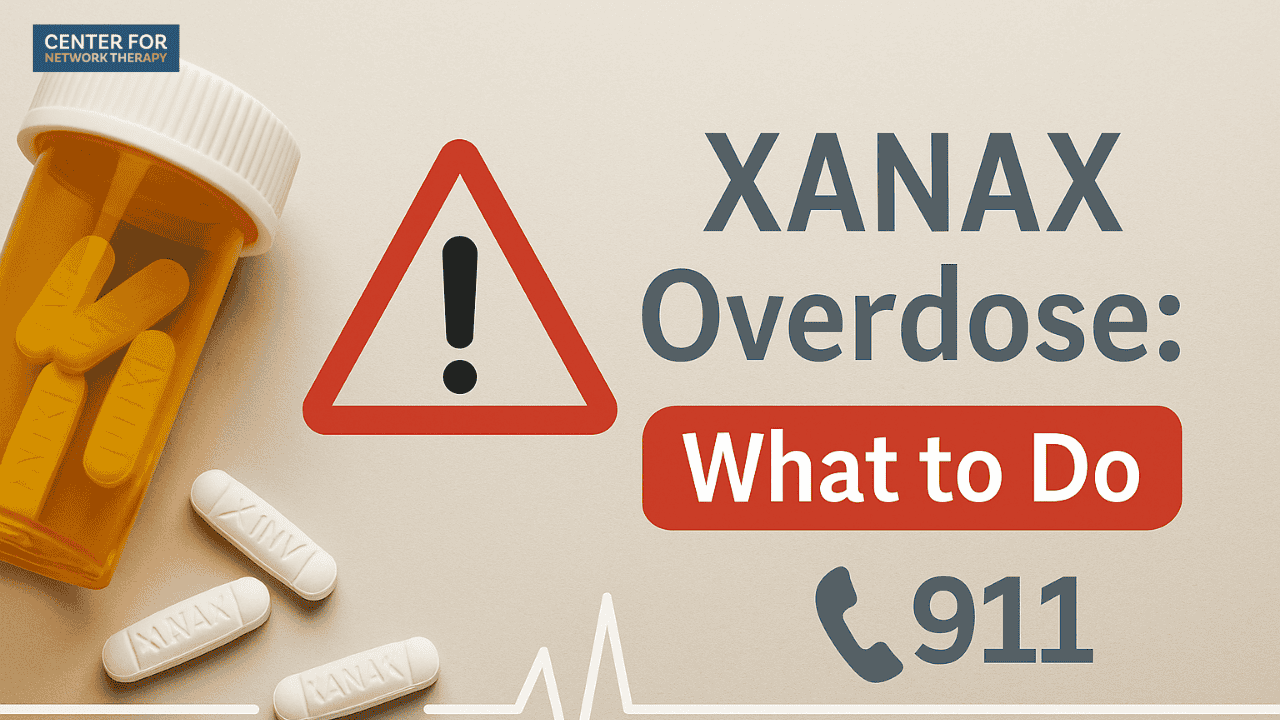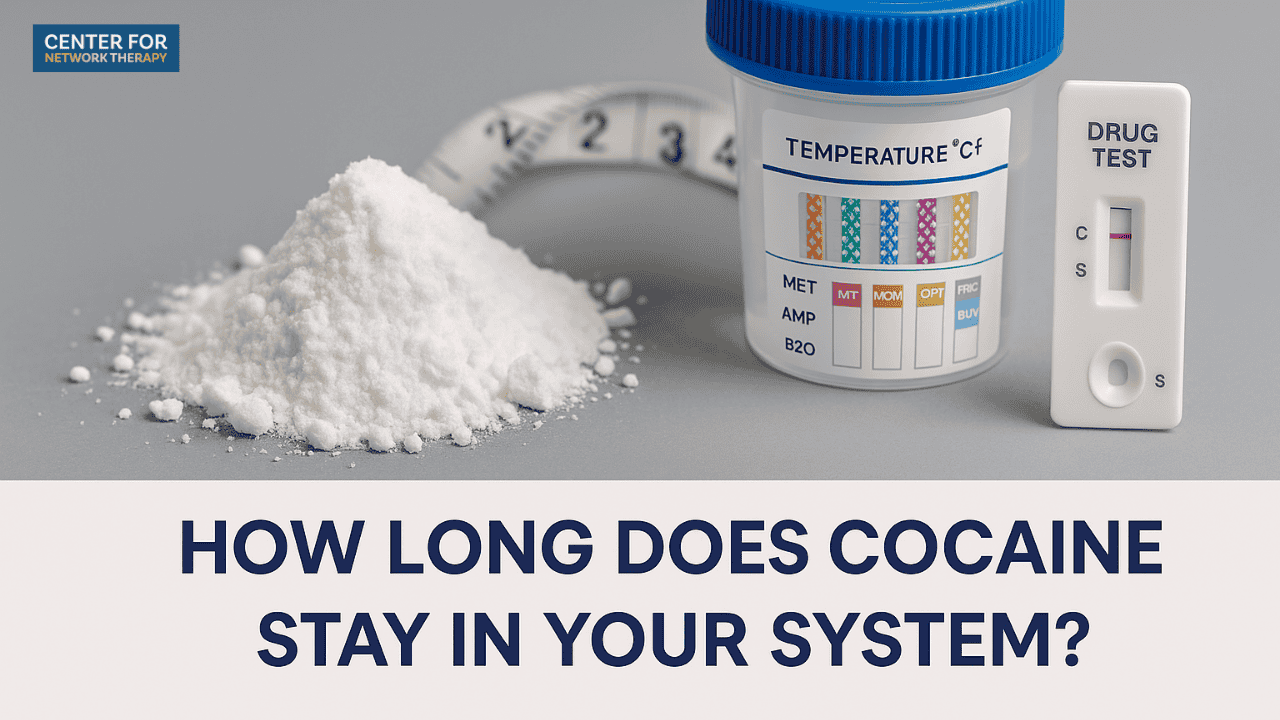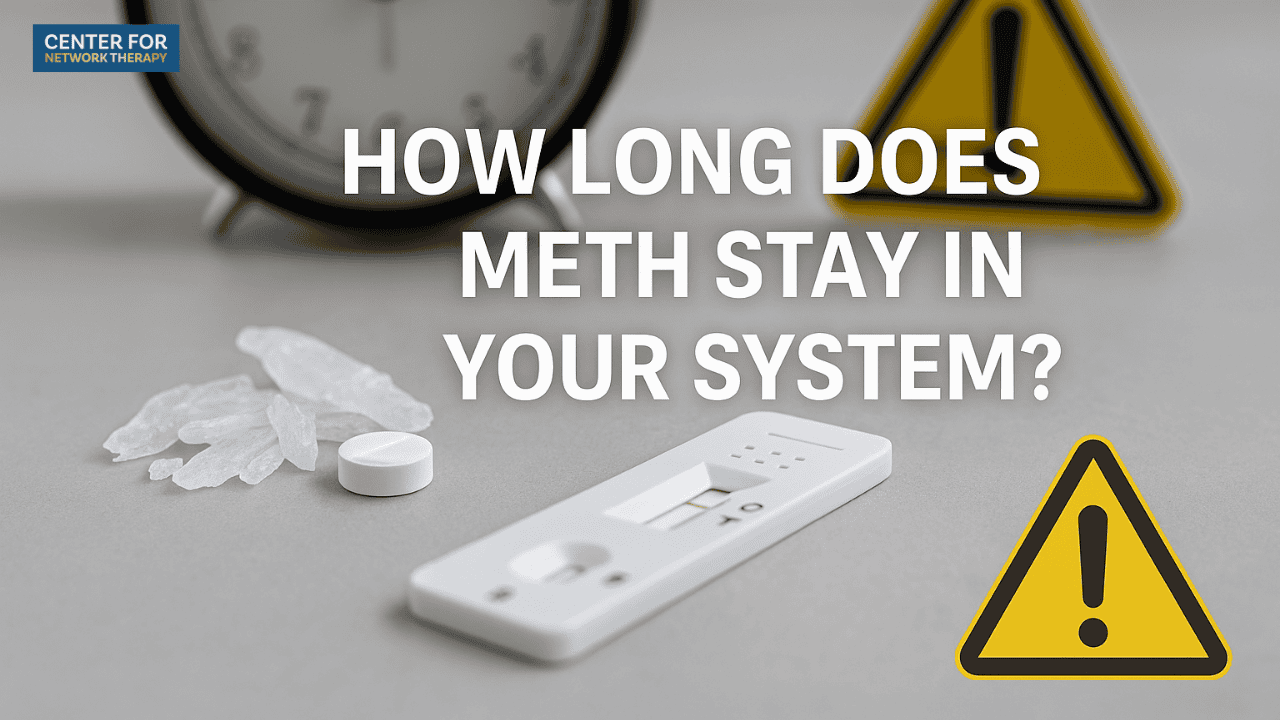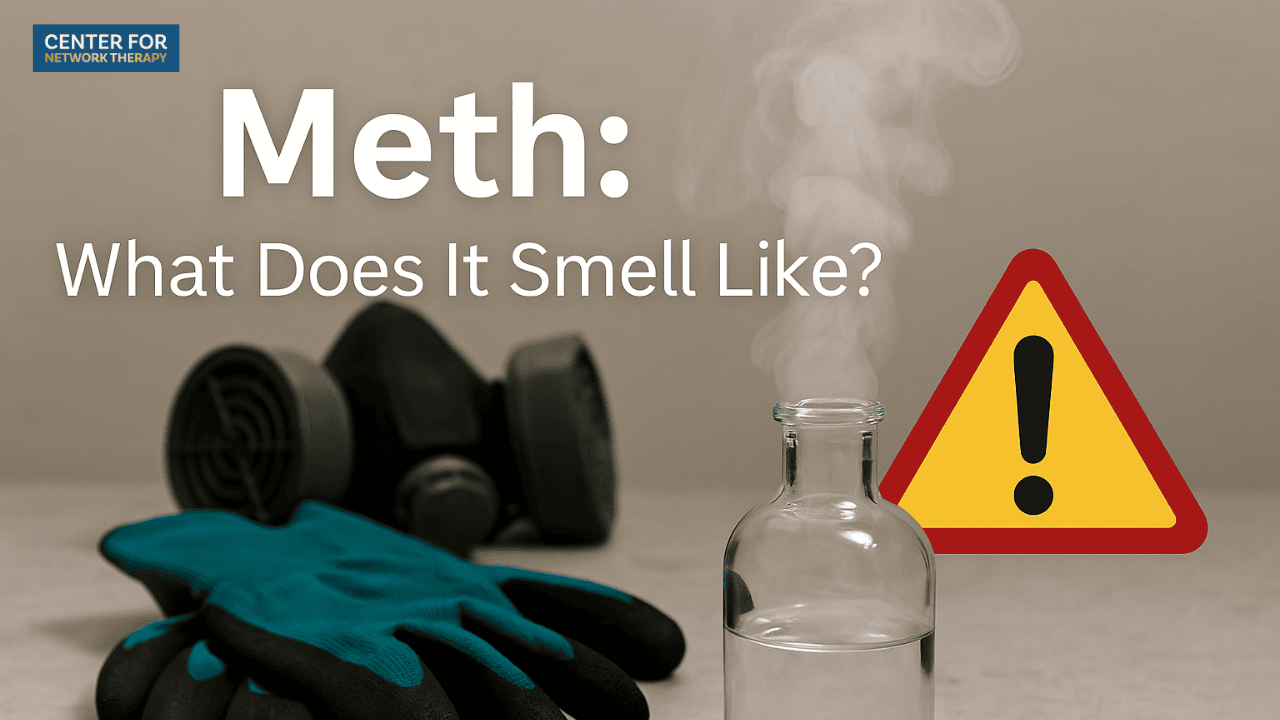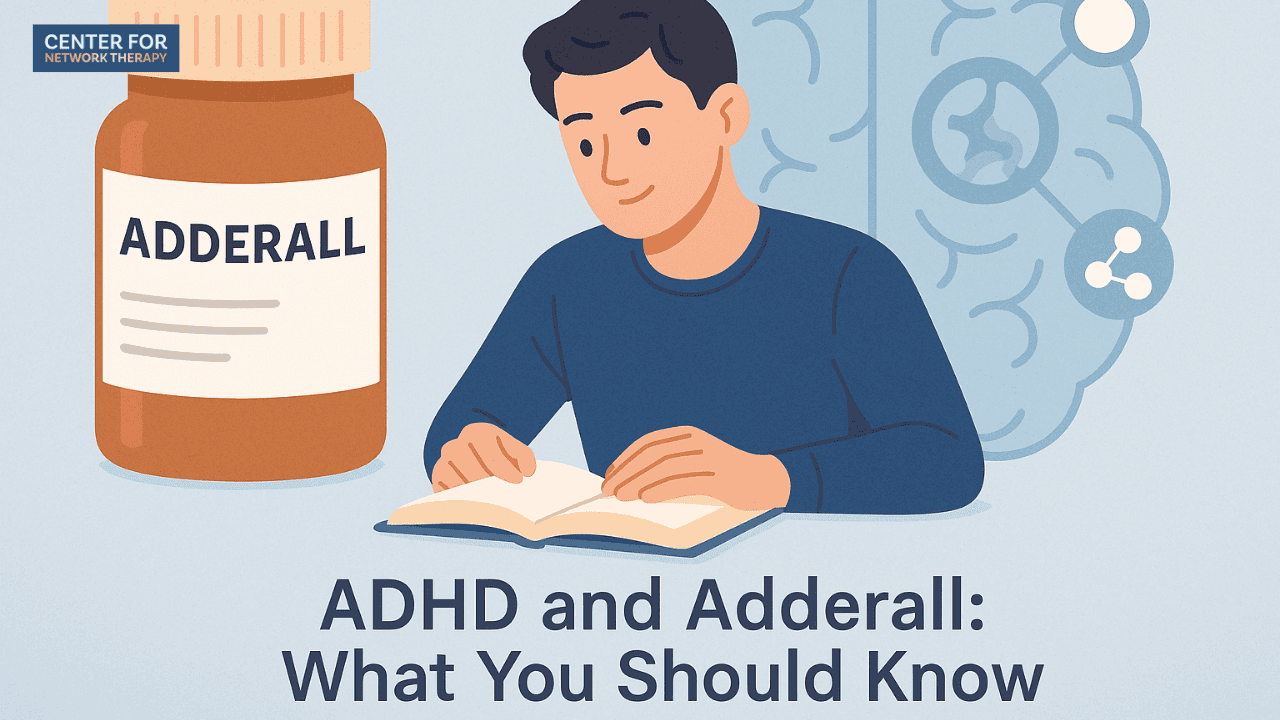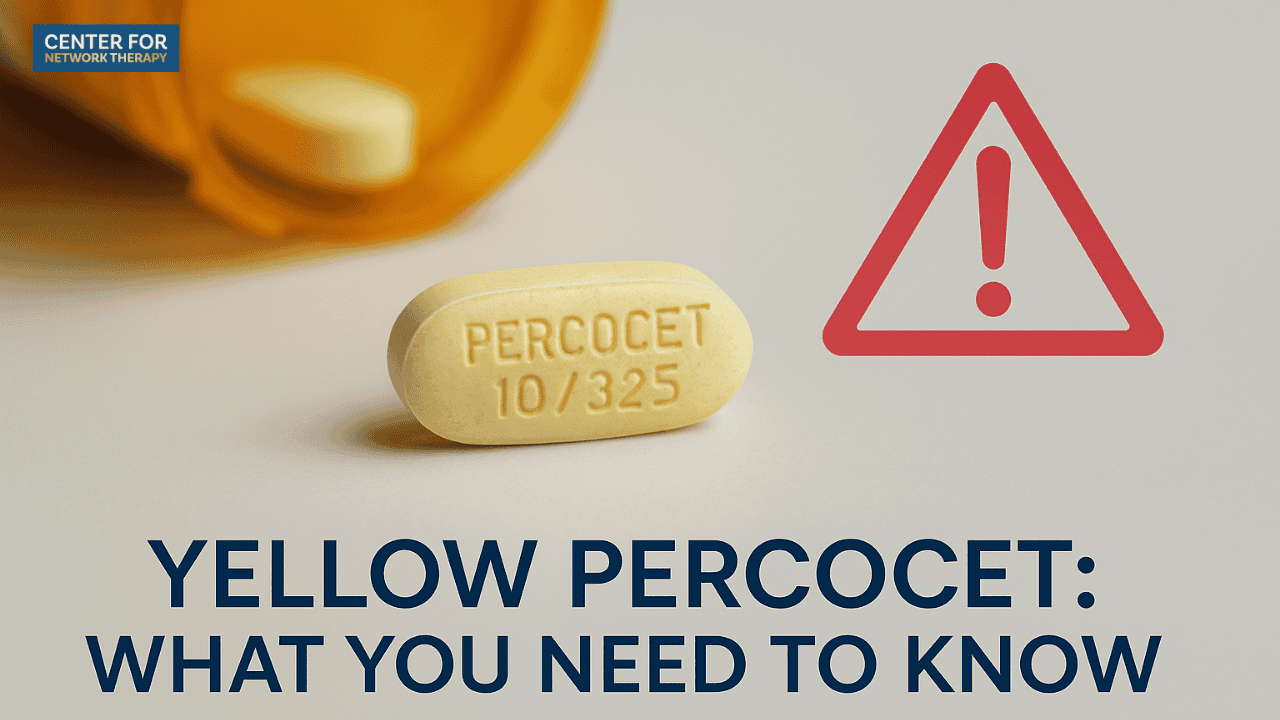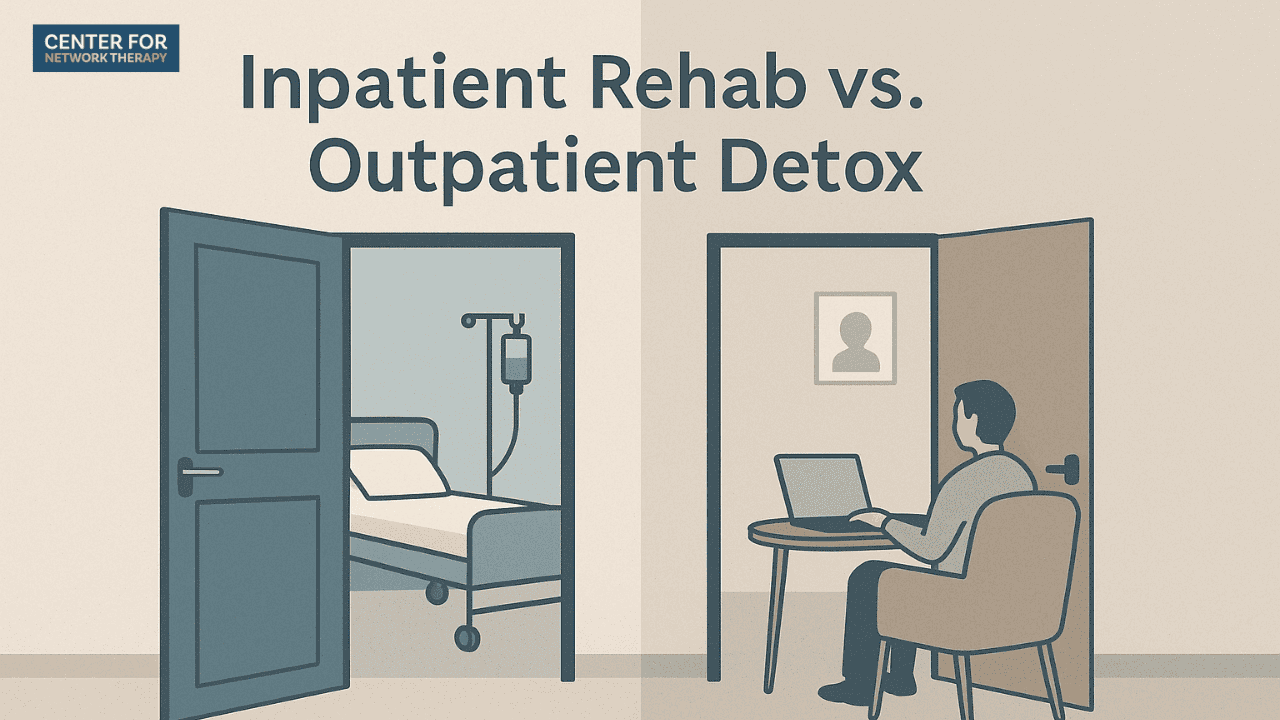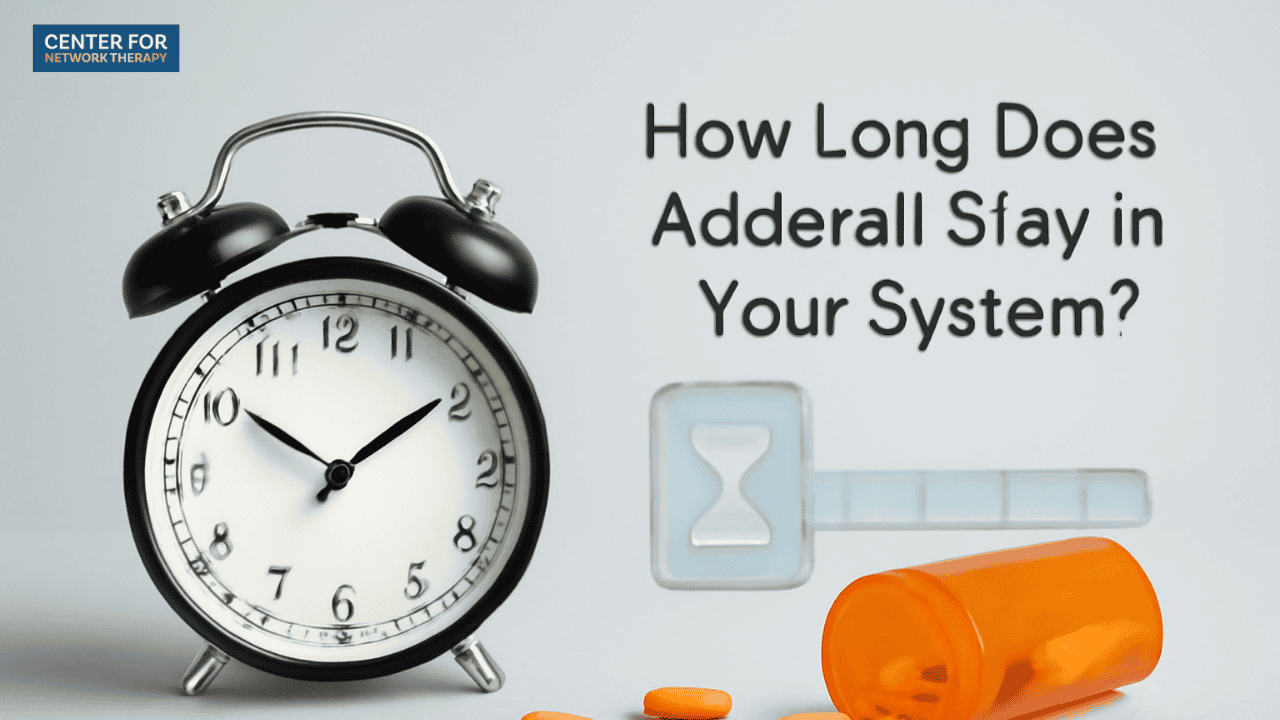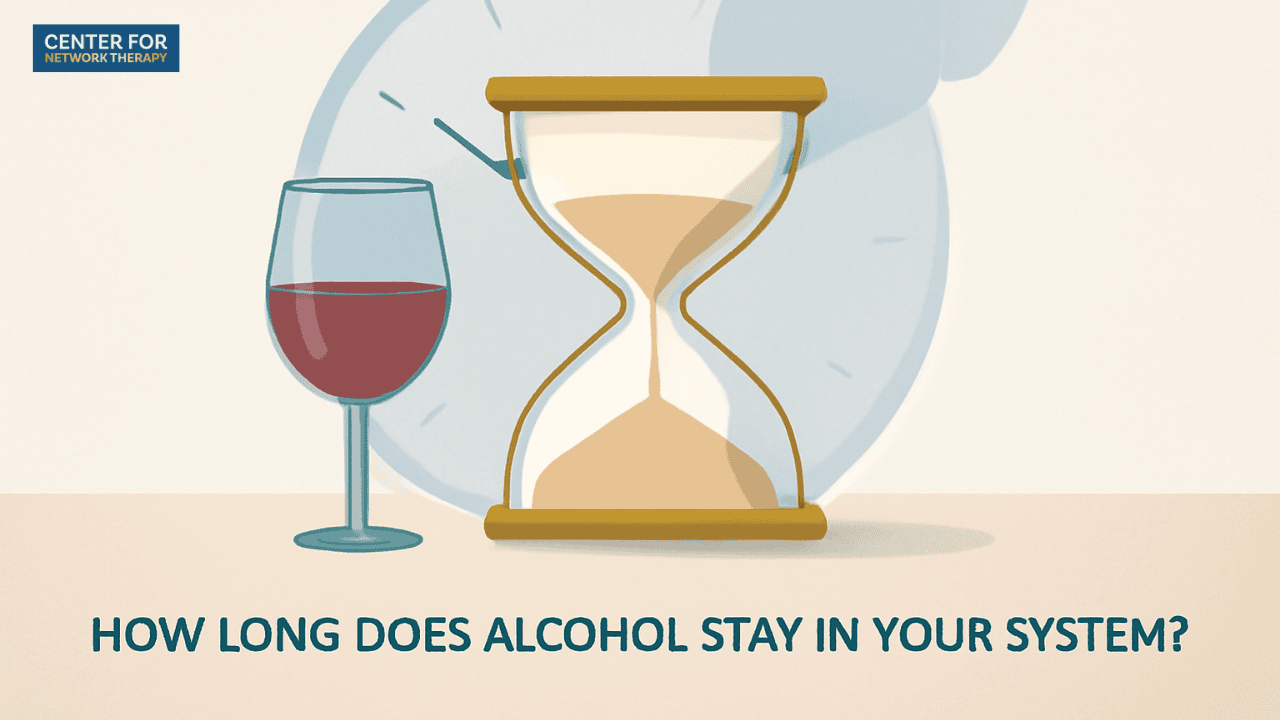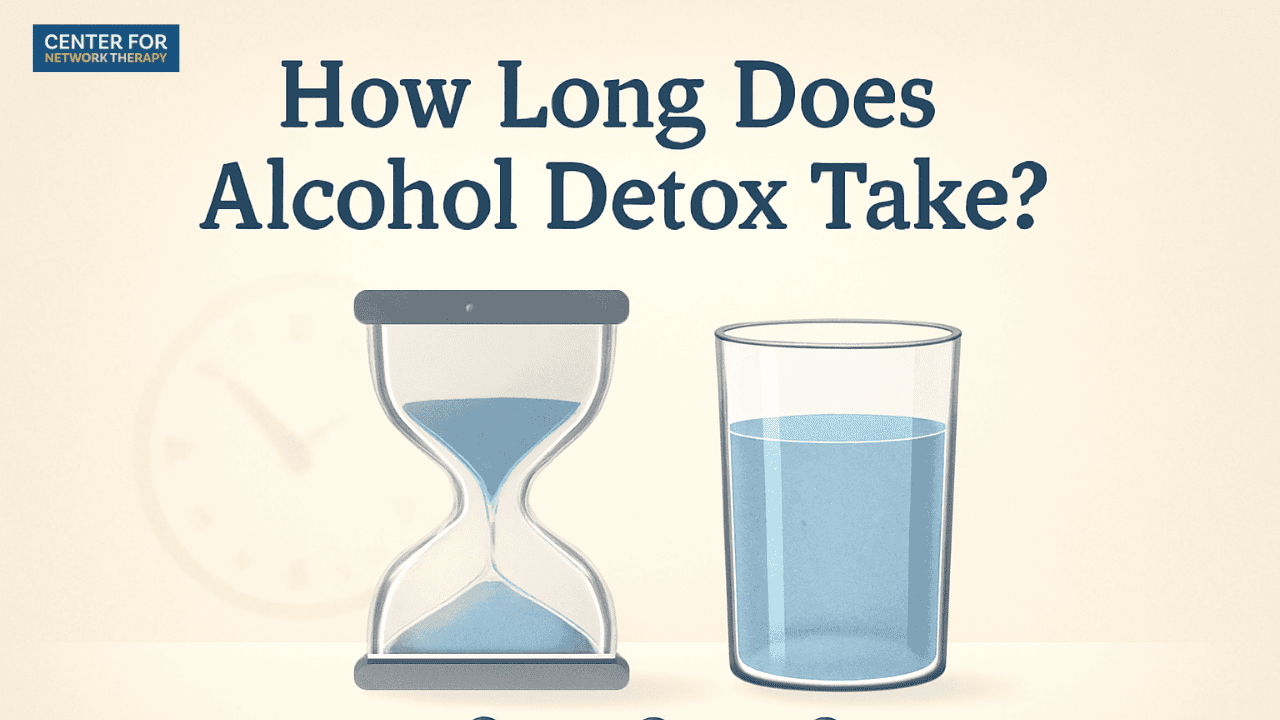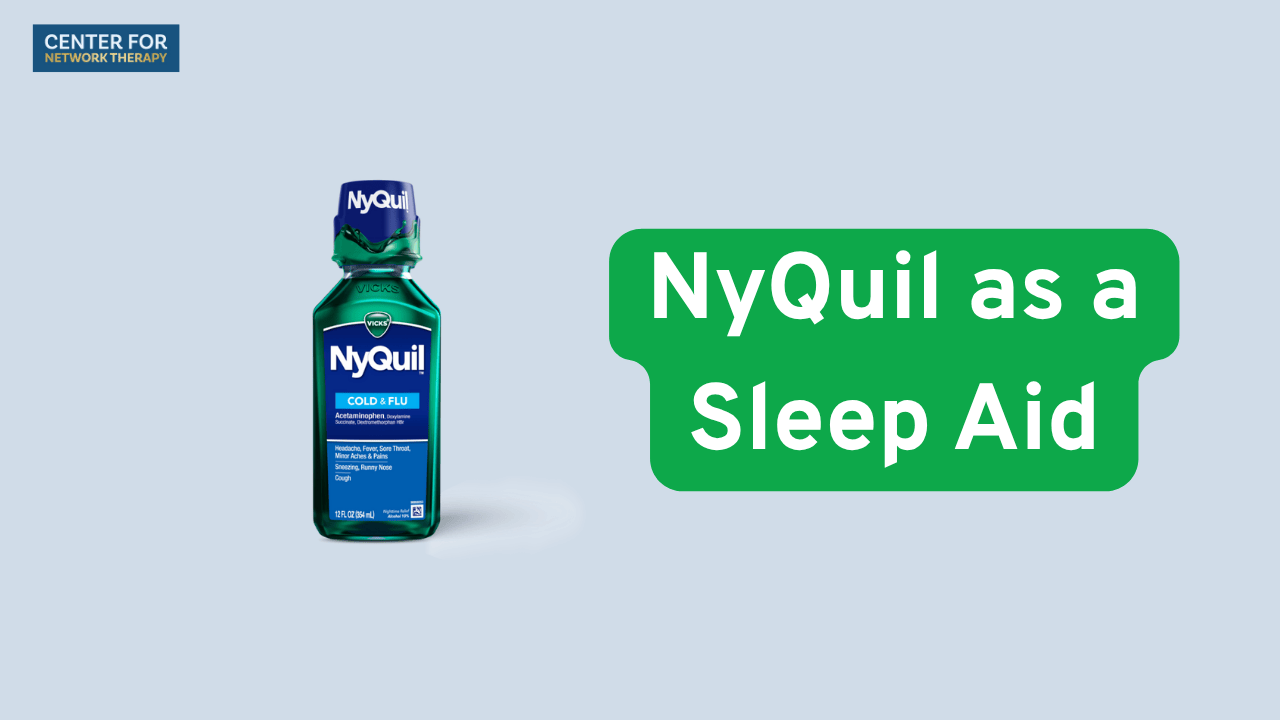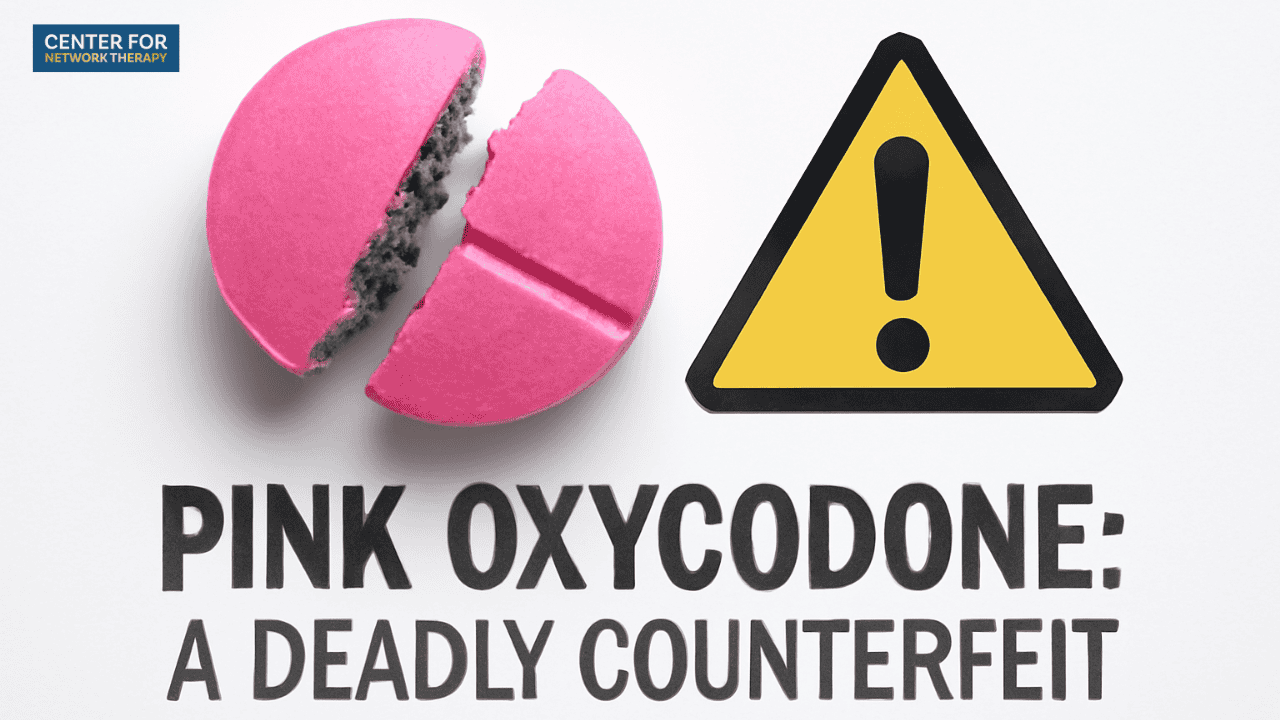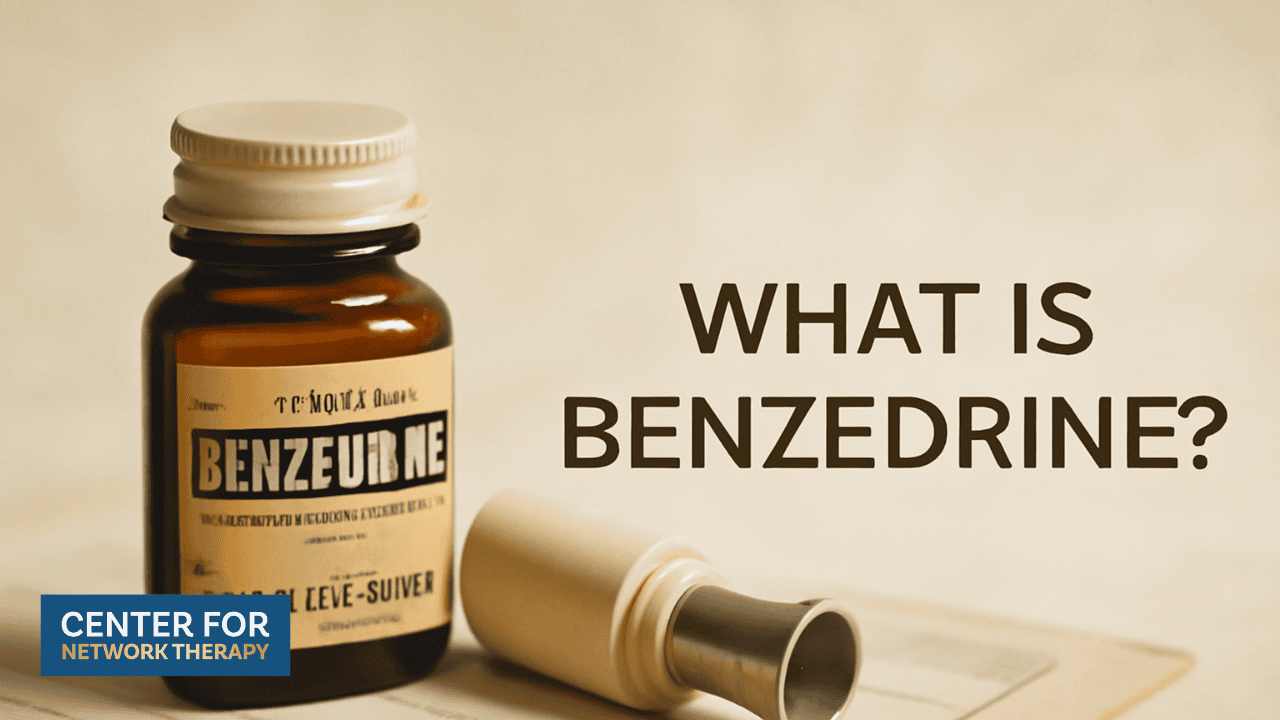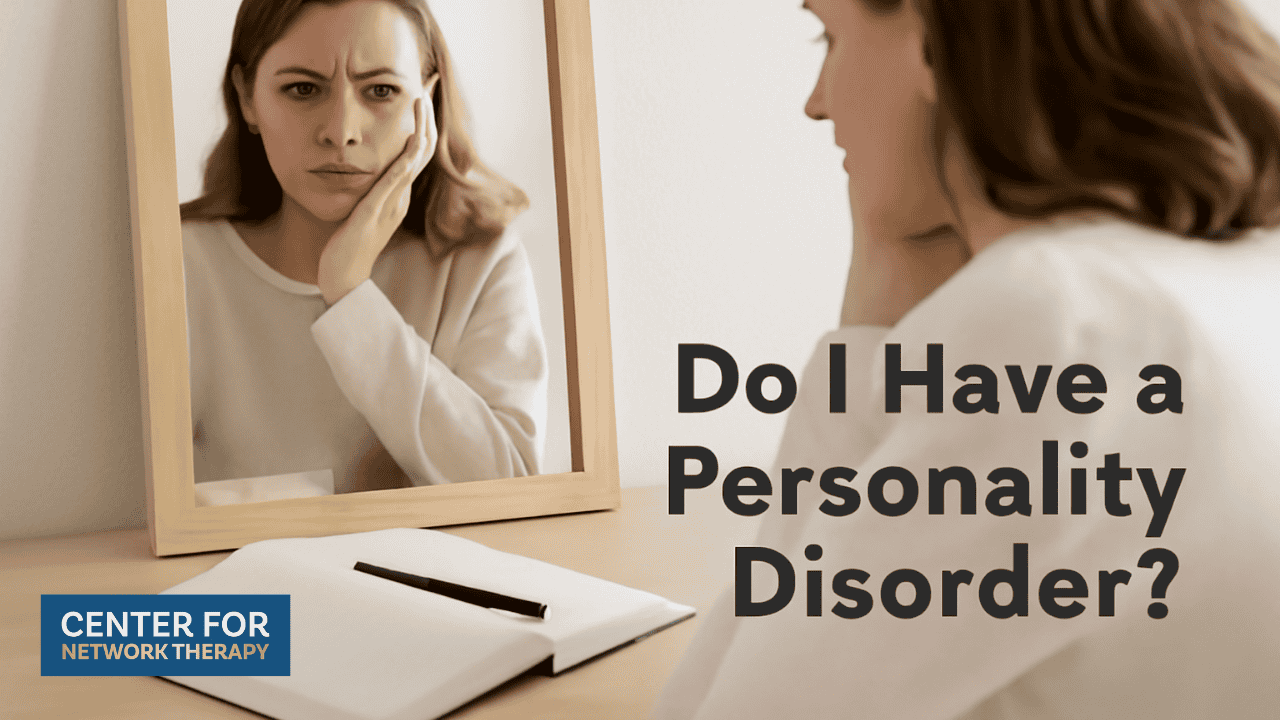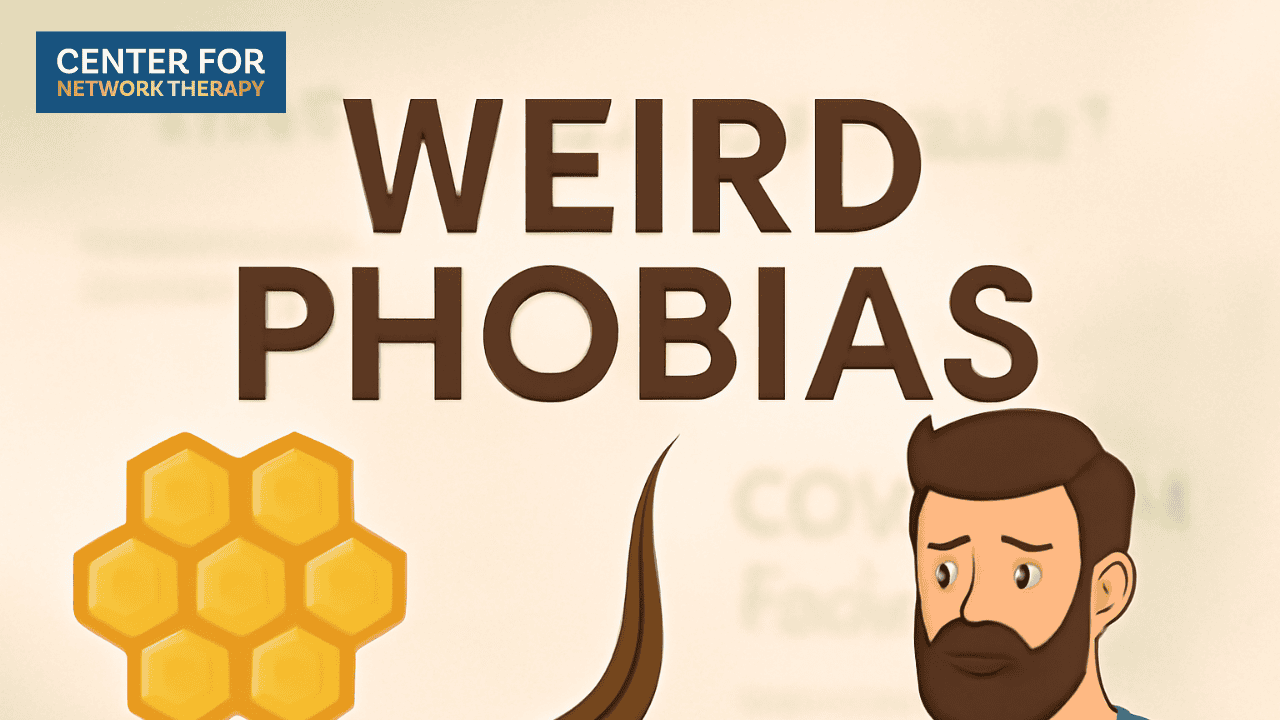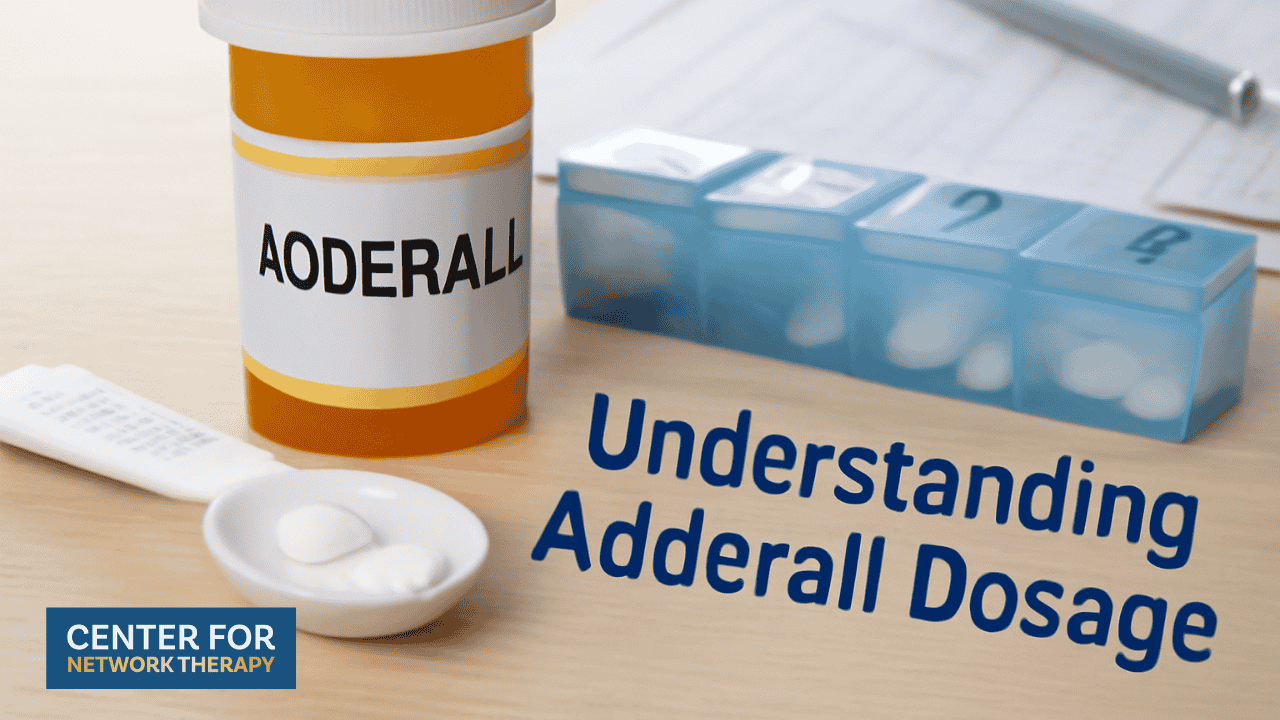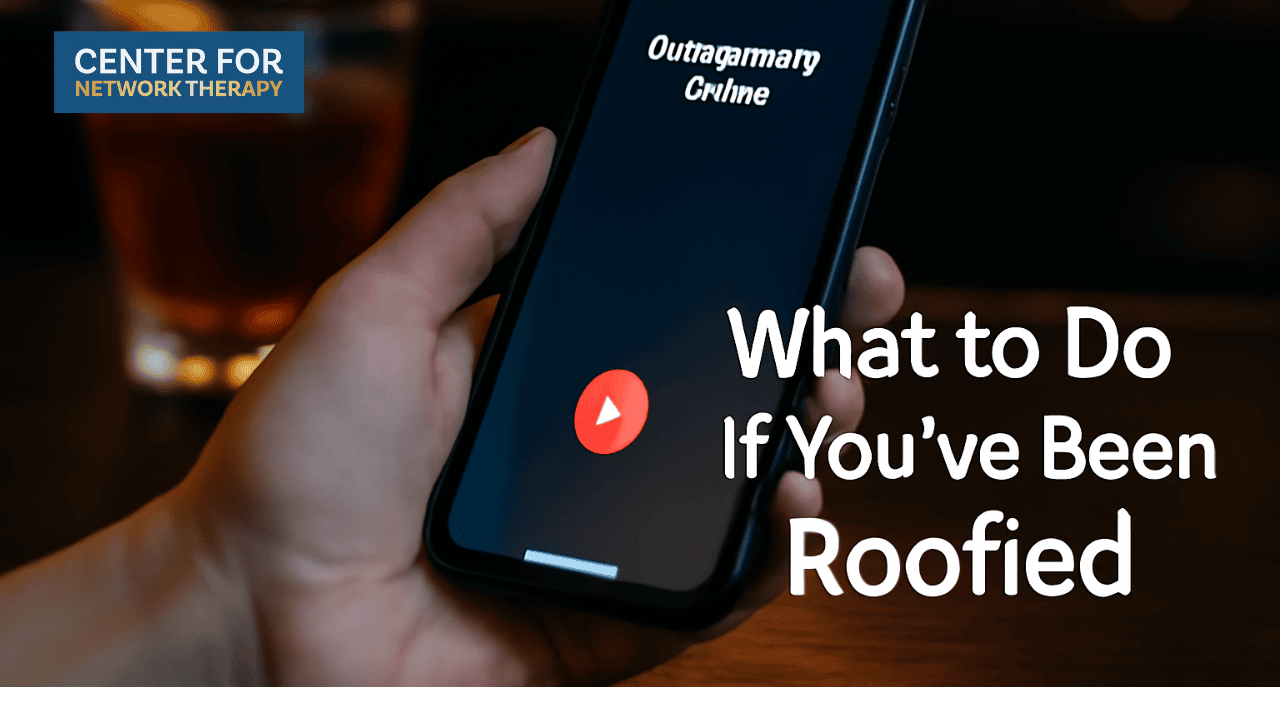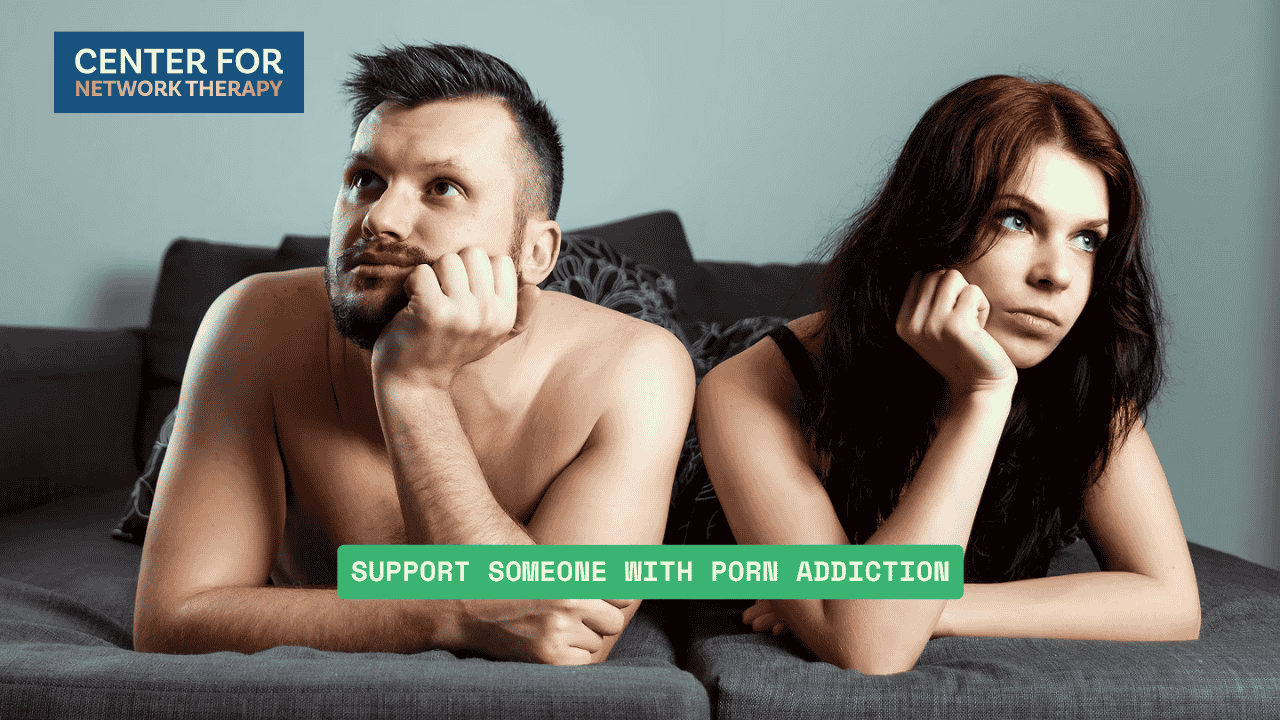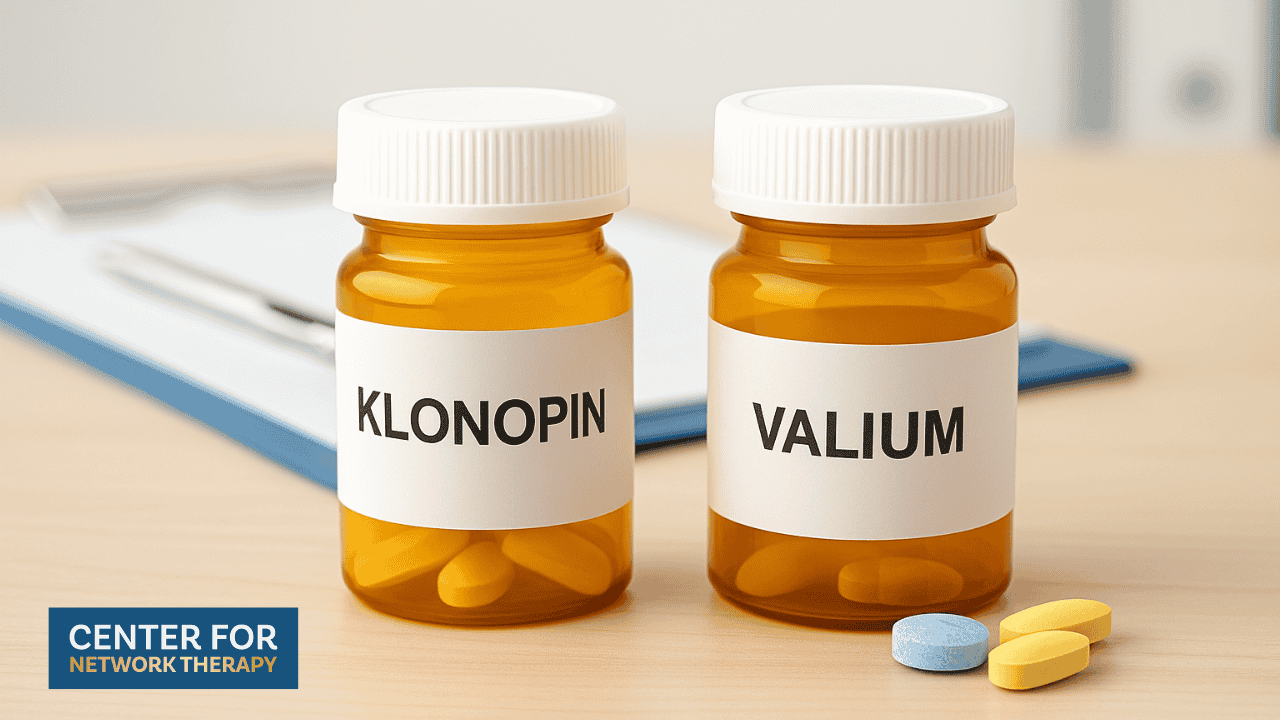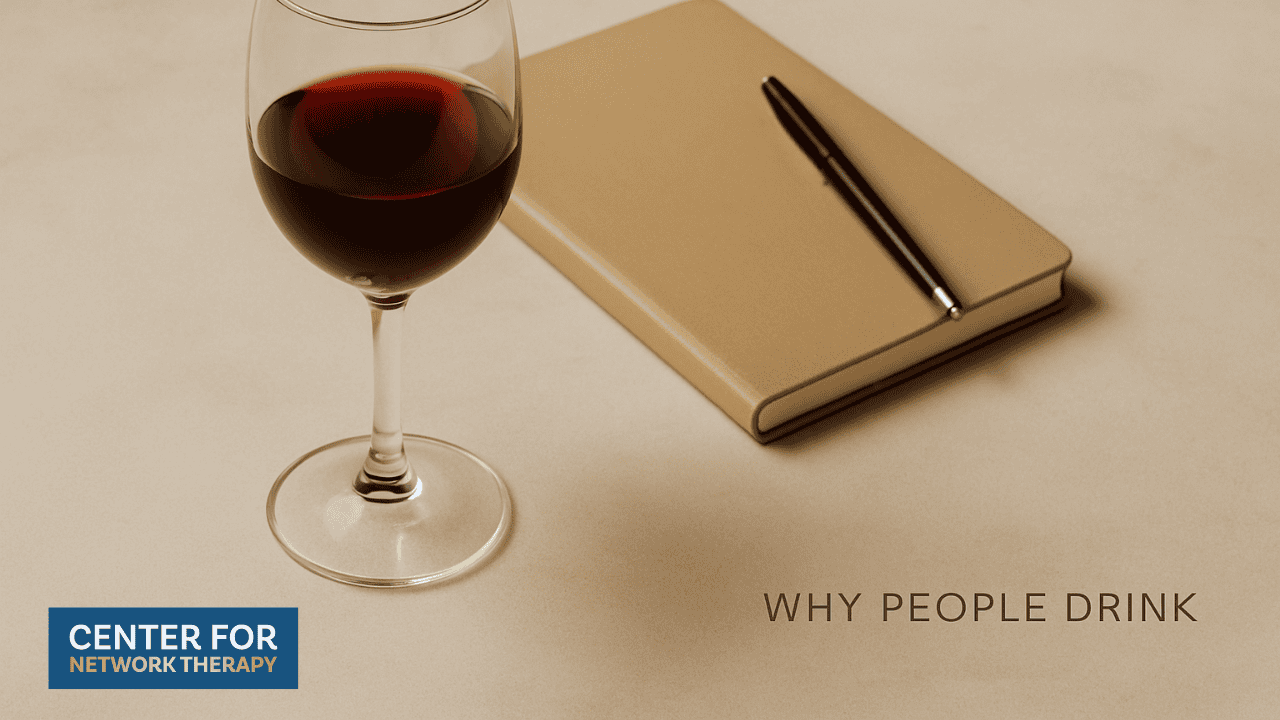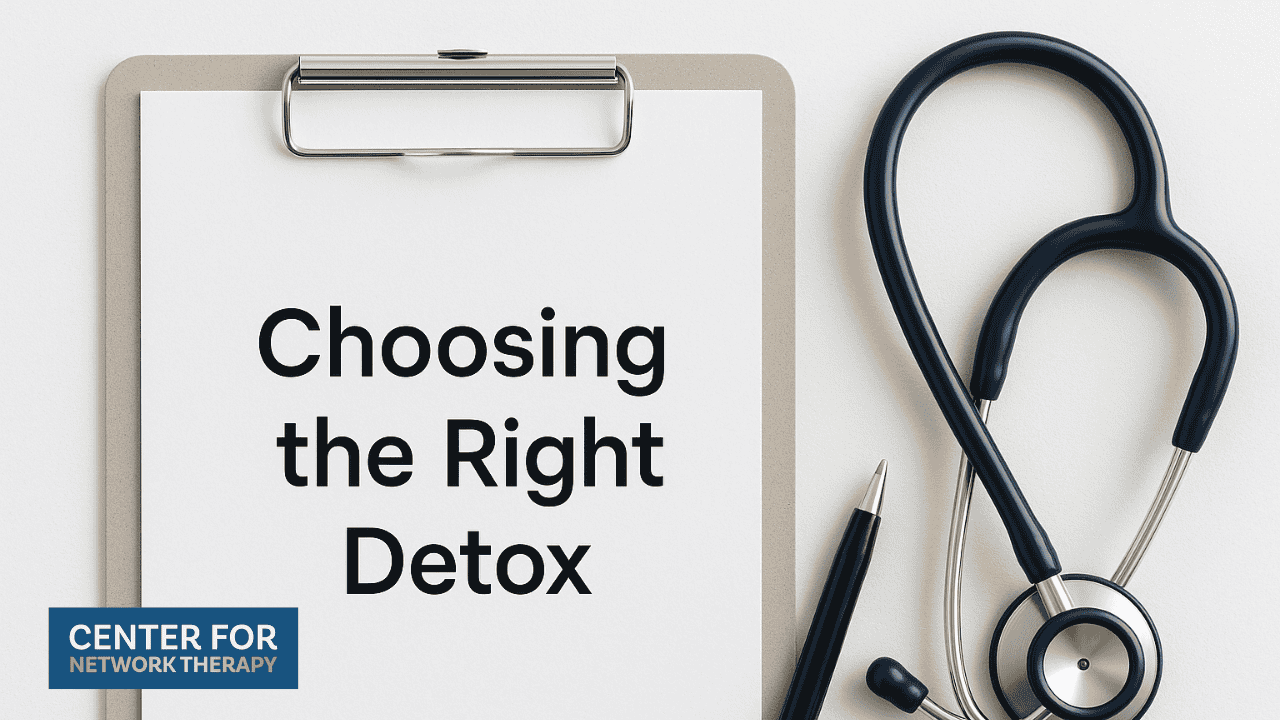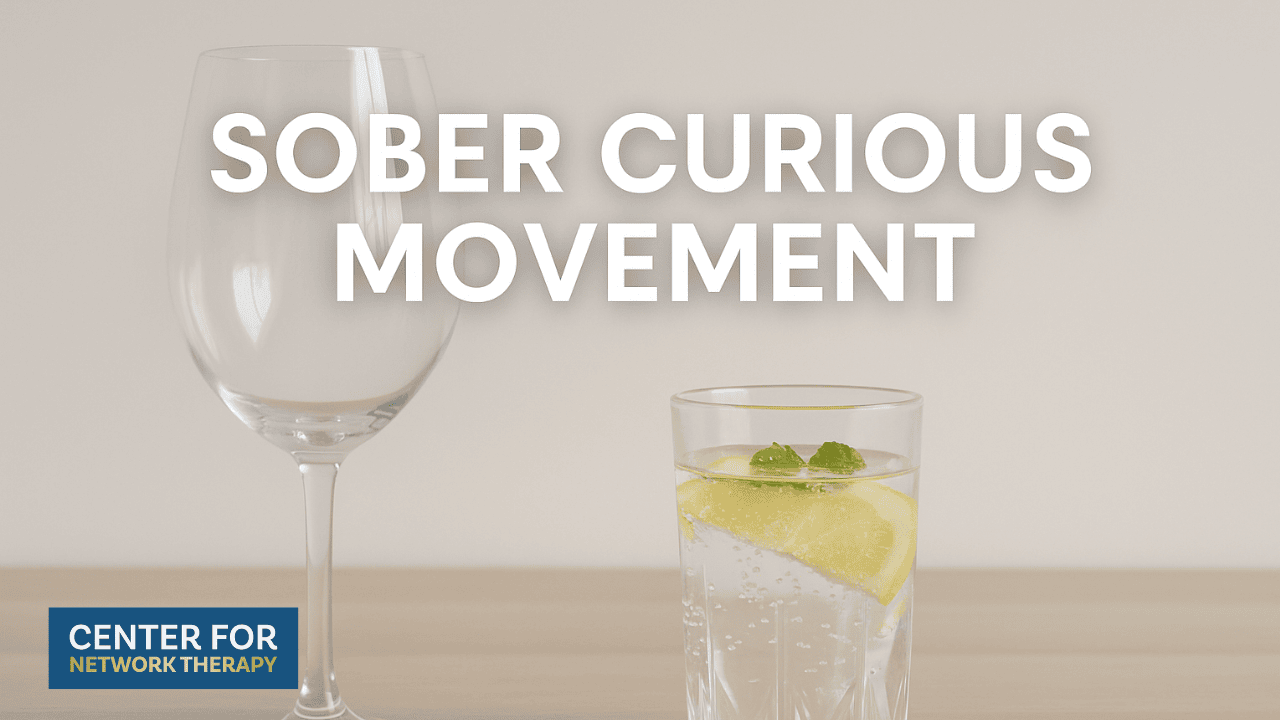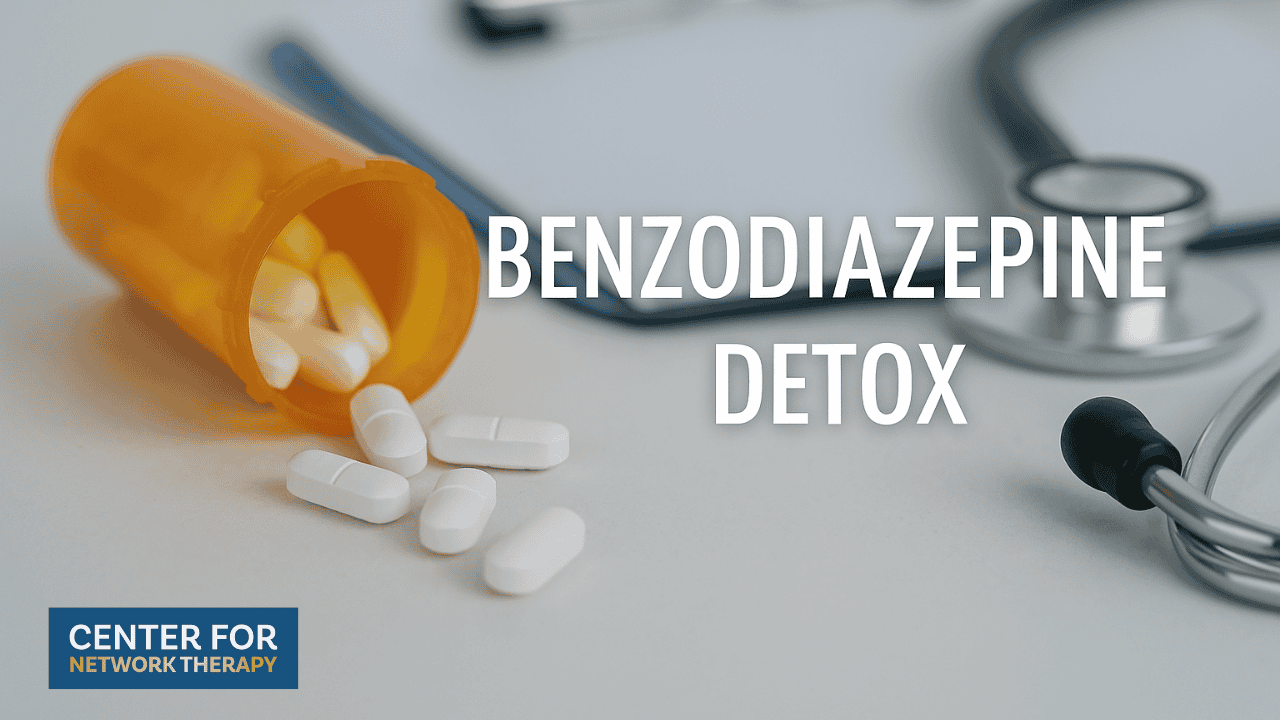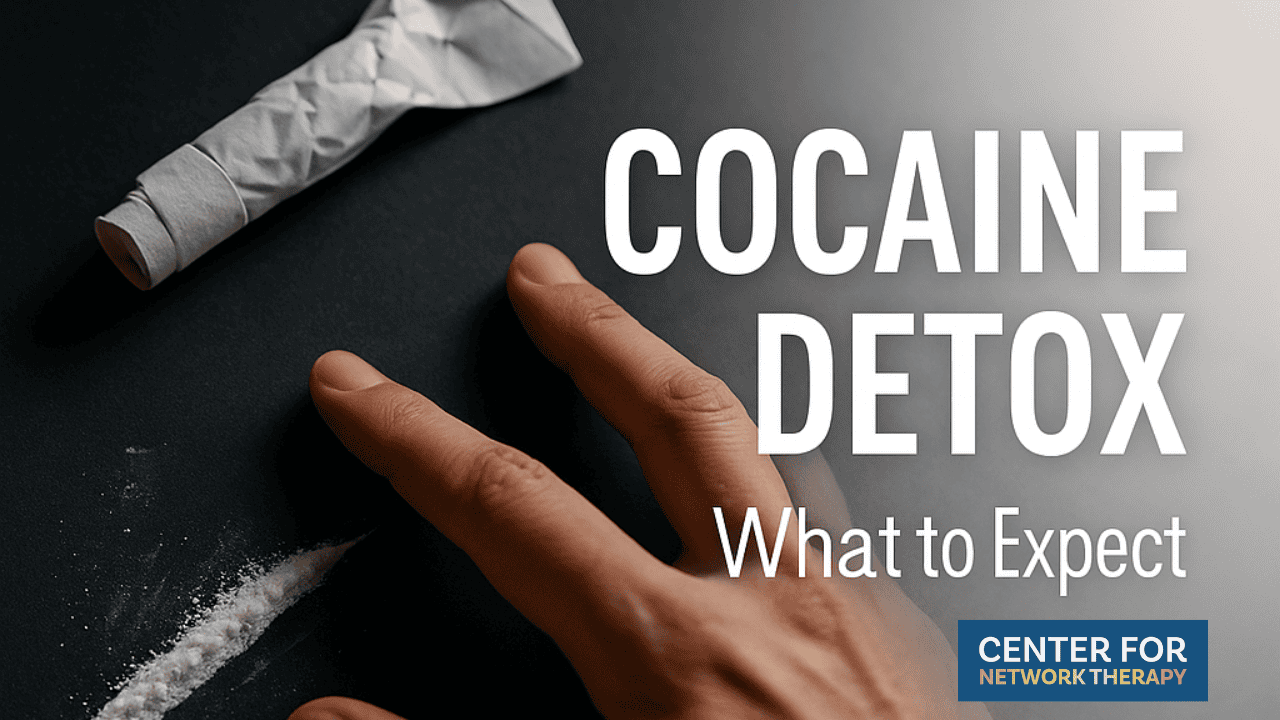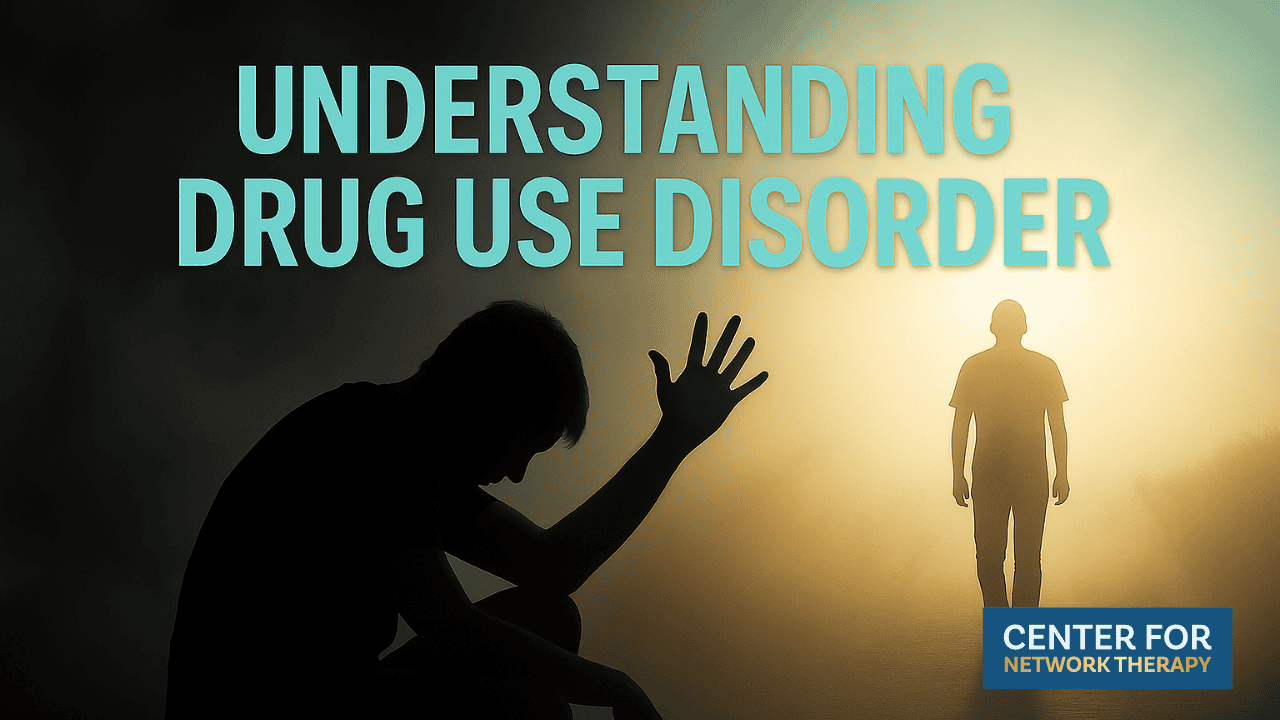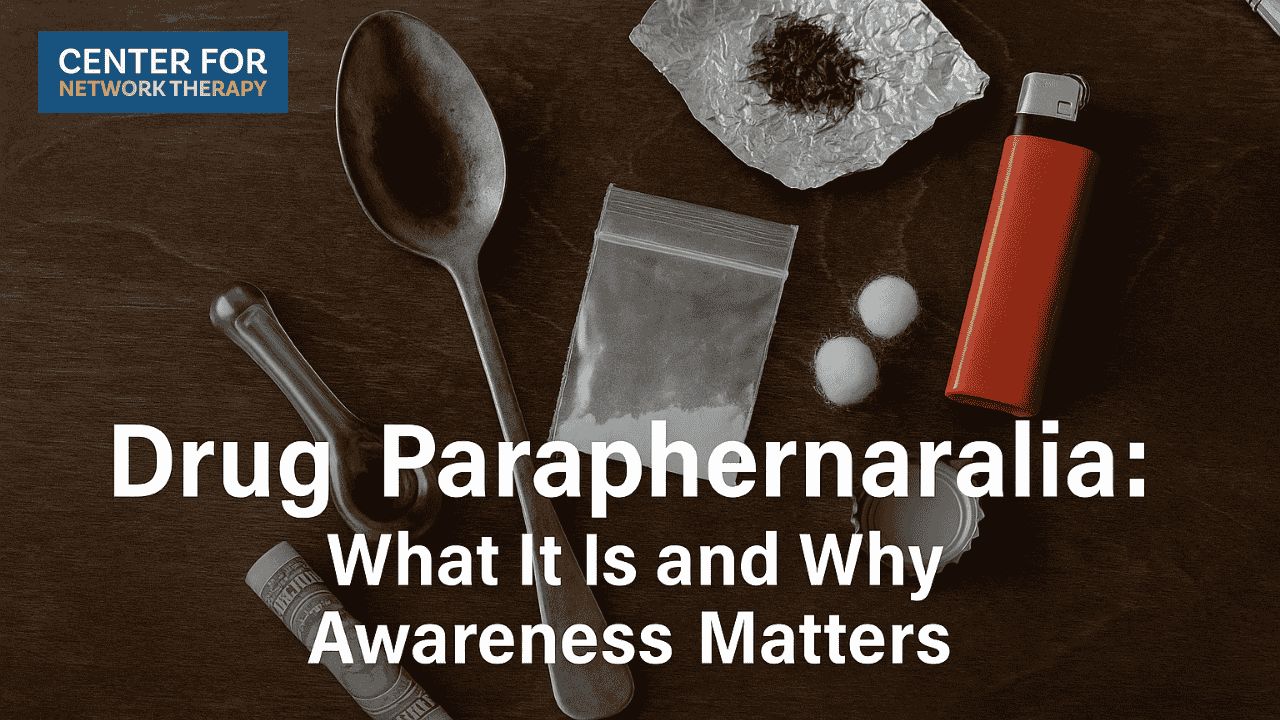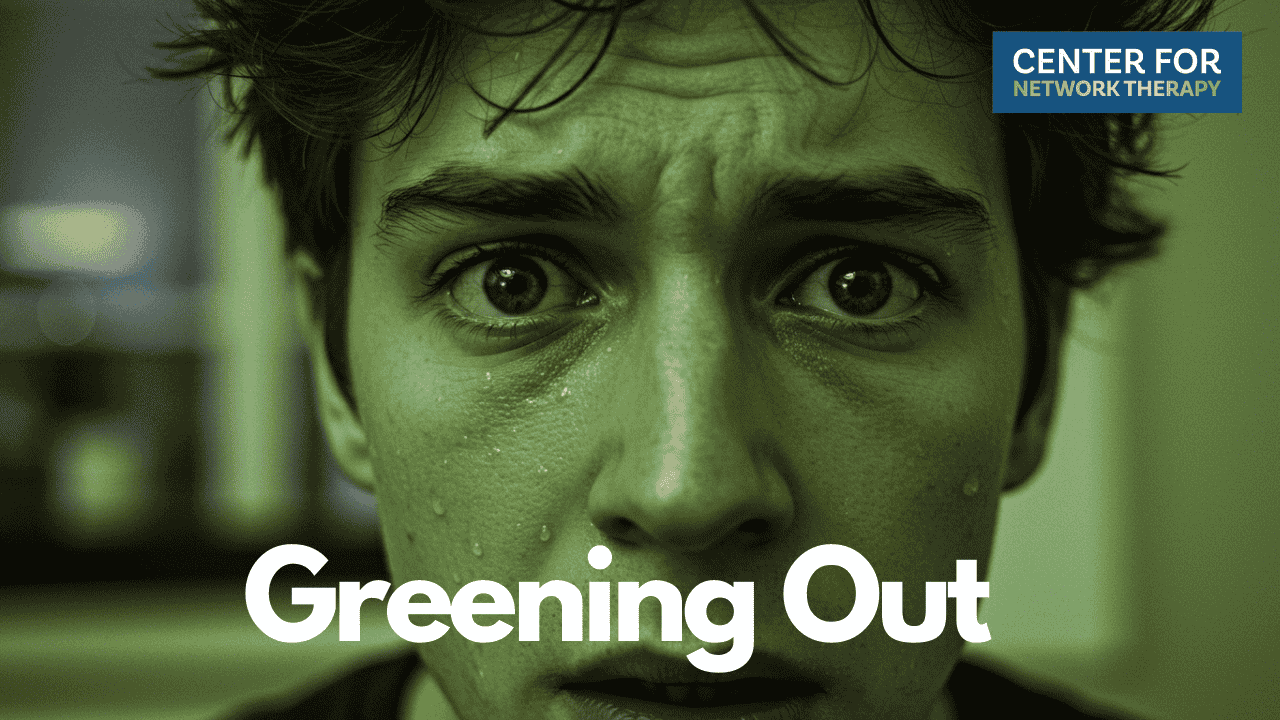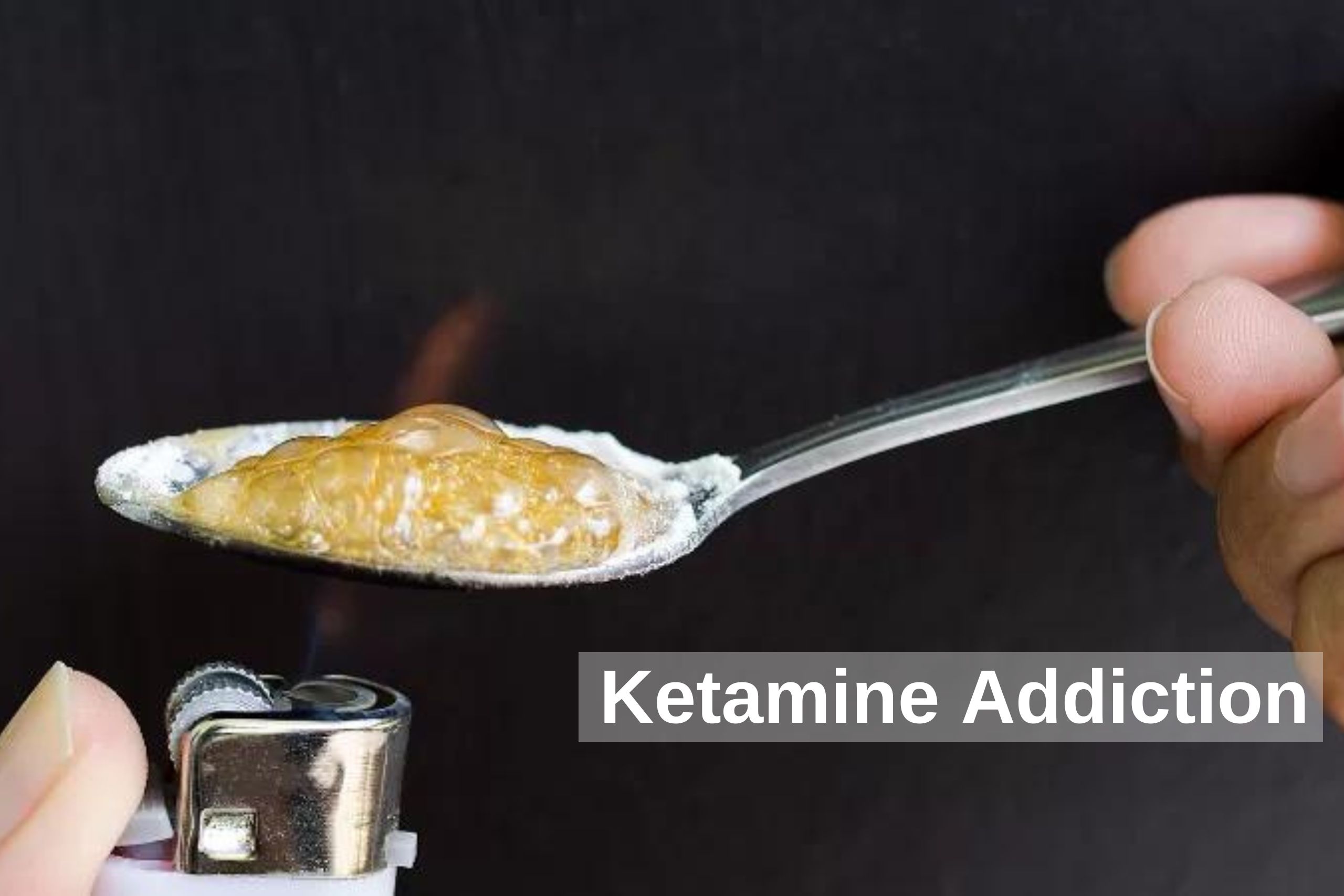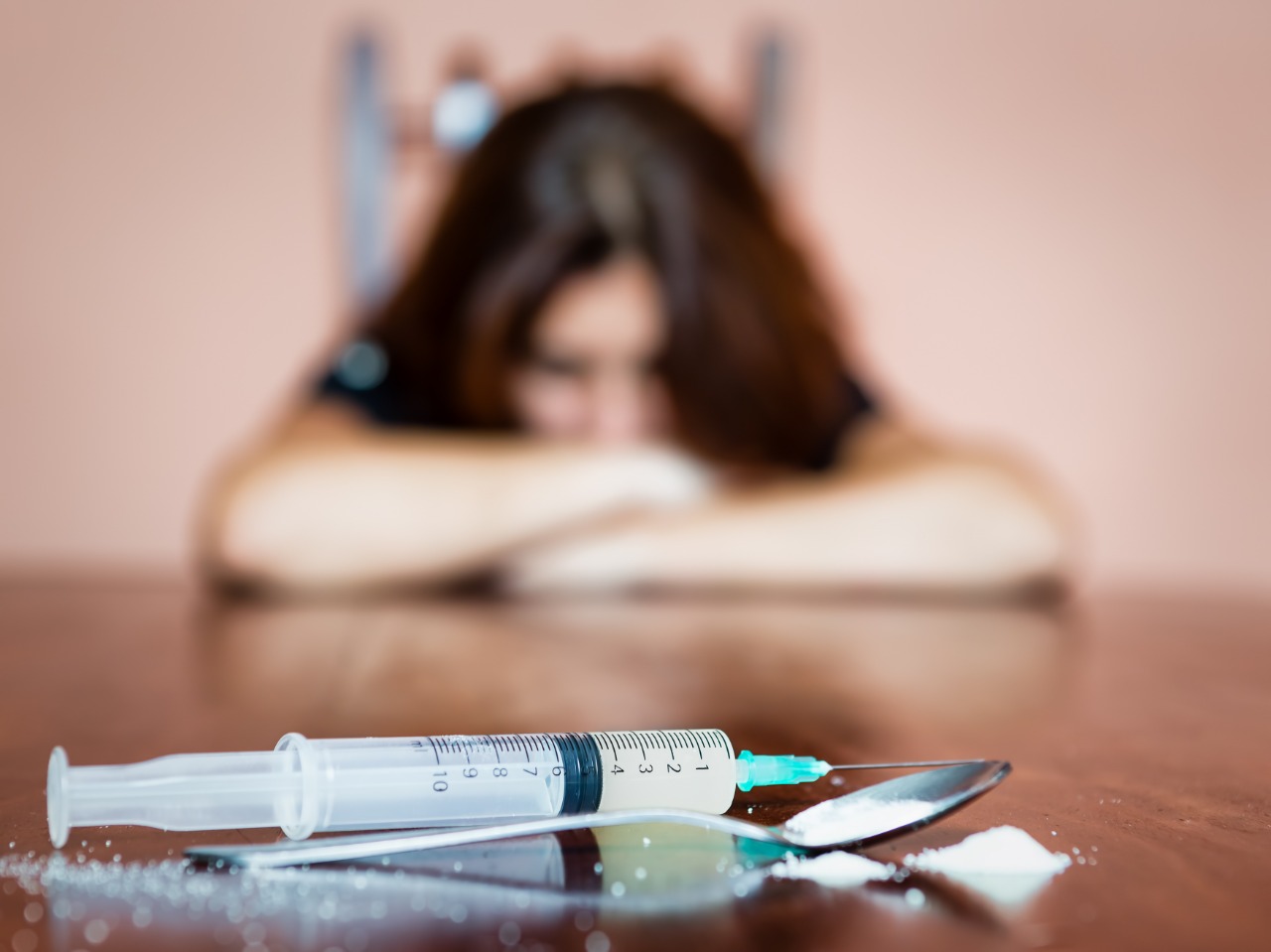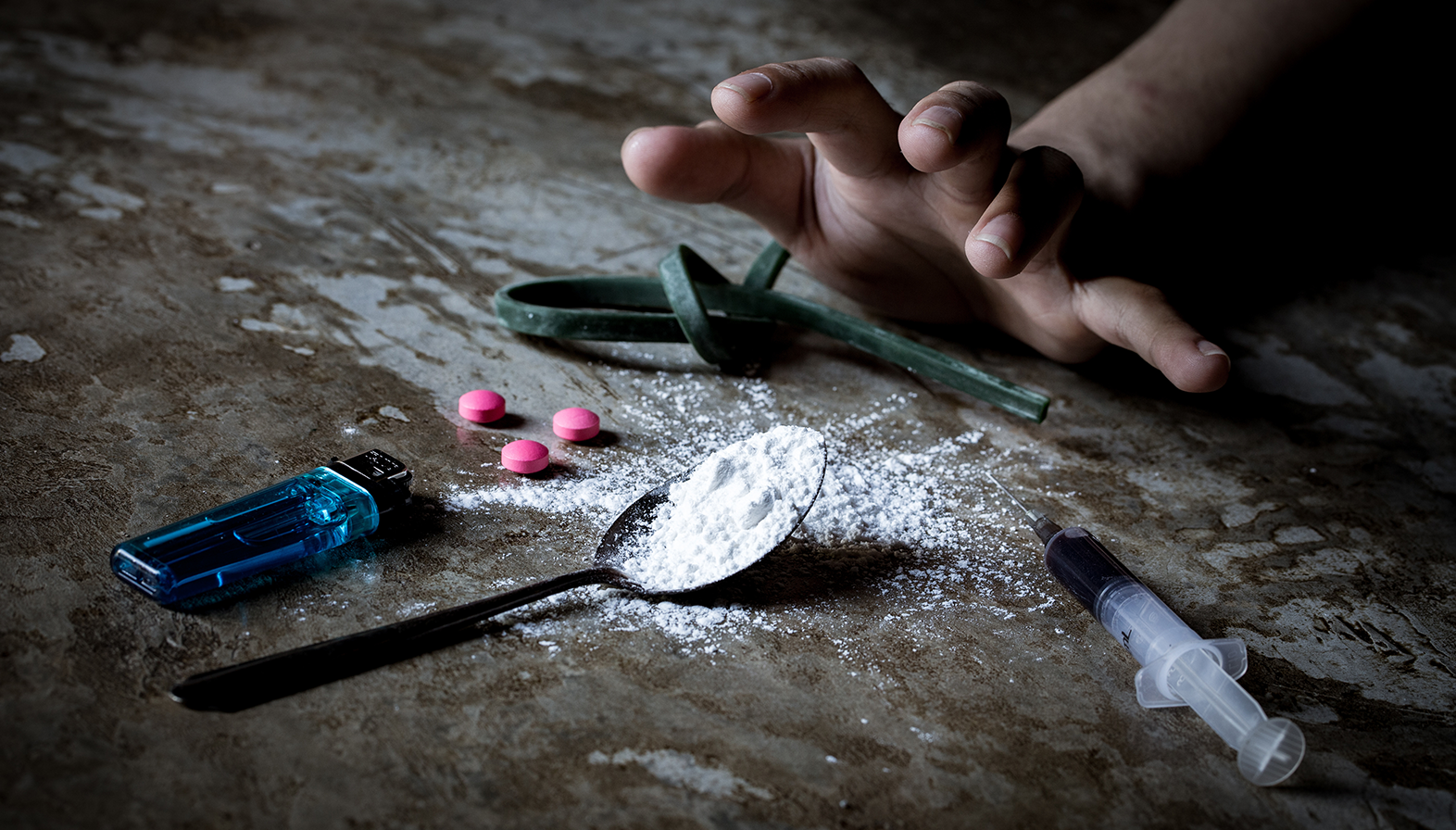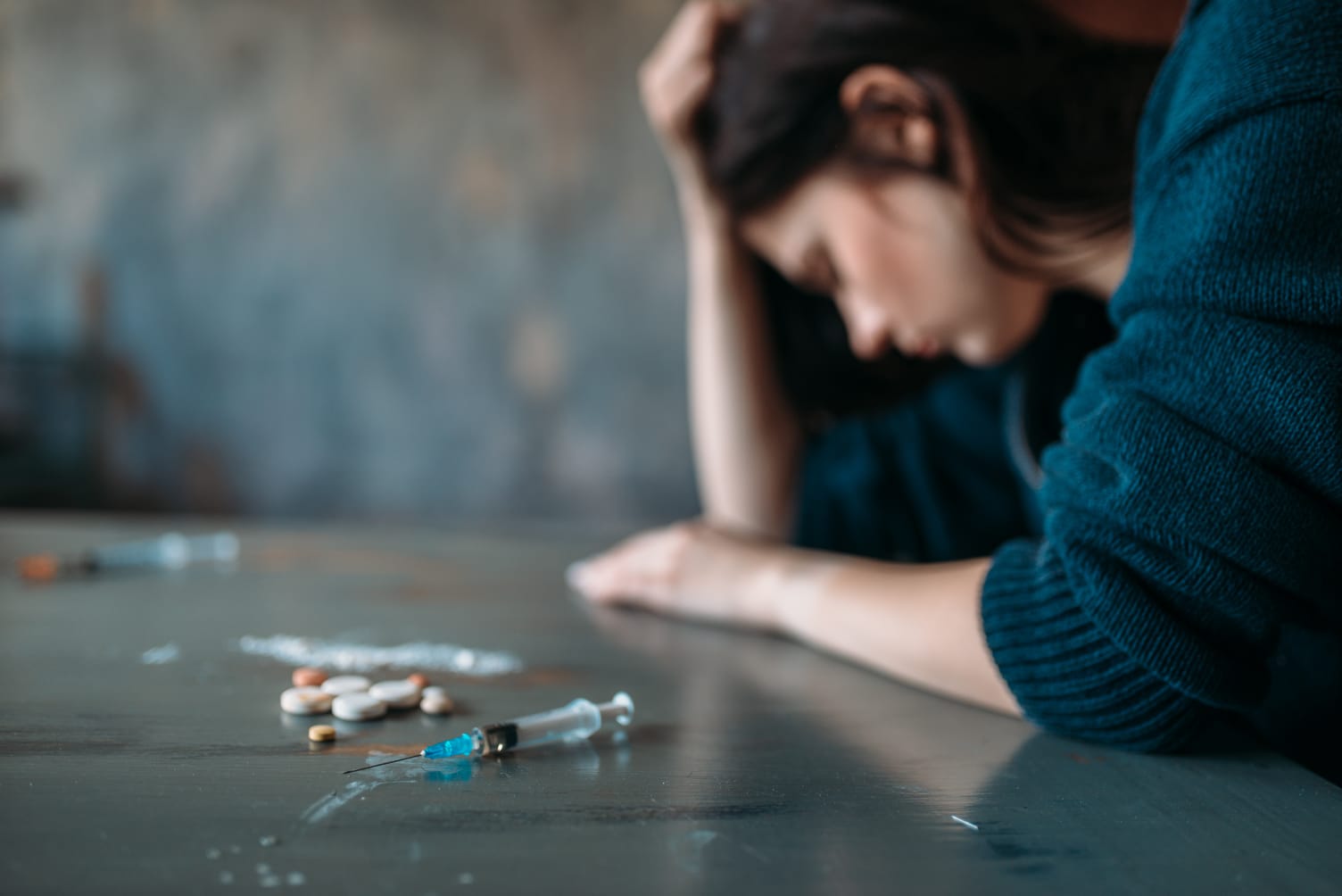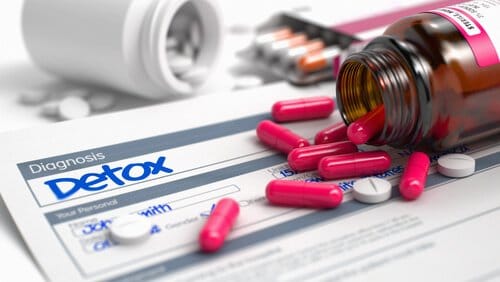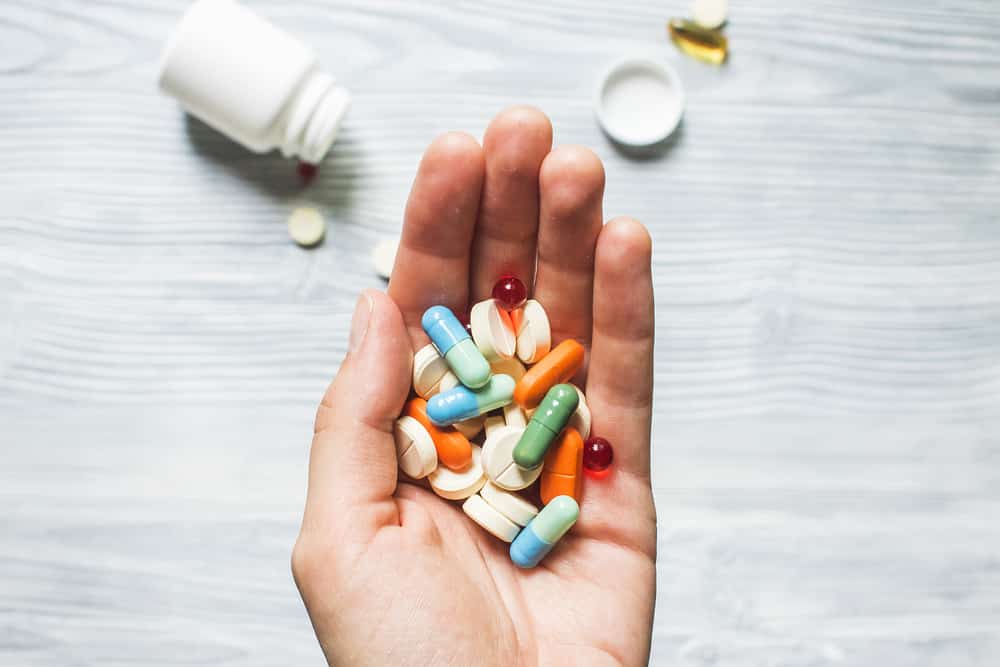Is Addiction in my Genes?
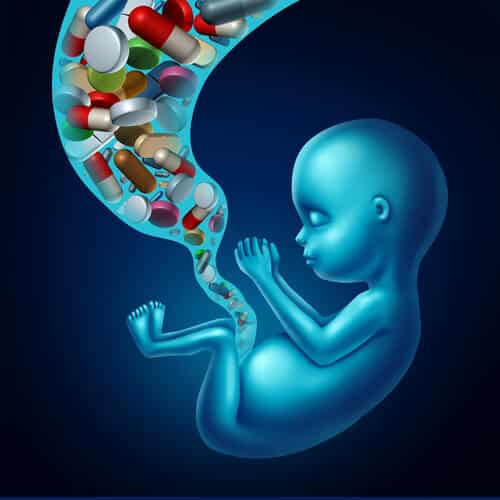
Are you living with a parent or family member who suffers from addiction?
Are you concerned that you may be predisposed to addictions? Addiction has a strong genetic component and your concerns are well founded.
Two factors strongly contribute to the initiation of use of addictive substances; environment and genetics.
The risk of addiction tends to be proportional to the degree of genetic relationship to an addicted individual.
What it means is that the more closely you are related to an individual with addiction issues, the more likely you are genetically predisposed to get addicted.
If you are looking for help or have any questions, you can contact us here
In early adolescence, the initiation and use of nicotine, alcohol, and cannabis are more strongly determined by familial and social factors (i.e. role models and peer influence), but they decrease in importance as a person progresses to young and middle adulthood. At this point, genetics become the dominant determinant of getting or staying addicted to substances.
The precaution a person should take if they have a close relative with addiction issues is to stay away from addictive substances and practice a healthy lifestyle.
Is there a difference in the heritability of different substances? Research has shown that the ability to inherit an addiction to hallucinogens is moderate, while the ability to inherit an addiction to cocaine is high! However, it appears that this variation was attributable to similar lifestyles and environmental factors, not purely to genetics. Whew!!!
Children whose parents are addicted to substances are eight times more likely to become addicts themselves. While all of us have the potential to become addicted to something, be it drugs, food, sex, not everyone becomes addicted.
Apart from genetics, another important contributor to addiction is trauma. Individuals who have suffered through physical, emotional or sexual abuse use substances to mask pain and find pleasure. Indeed 70% of women suffering from addiction have been sexually assaulted earlier in their lives.
Another contributor to addiction is mental health issues. It is well known that antidepressants do not work for 30% of people suffering from depression and medication to address post-traumatic stress disorder(PTSD) is not very effective. Or, perhaps, the individual never received a proper diagnosis.
These individuals tend to self-medicate through the abuse of alcohol or drugs or the misuse of prescription medications. They eventually end up getting addicted to these medications.
Opioid pain killers and benzodiazepines, used to address anxiety, are two classes of drugs that are commonly misused. Students commonly misuse stimulants, a medication used to address ADHD, in the mistaken belief that it helps their cognition and, therefore, will help them with their grades.
The abuse of substances repeatedly leads to tolerance, which, in turn, leads to increasing the use of addictive substances in order to obtain the same high.
If you feel like you are becoming dependent on any substances, it may be time to get a professional evaluation, especially if someone closely related to you has or is suffering from an addiction to substances.
If you or a loved one is suffering from addiction and need immediate help, please contact us without delay.
Related Articles
Is Your Doctor Unwittingly Enabling Your Addiction
How to Identify the Telltale Signs of Addiction in Your Kids?




